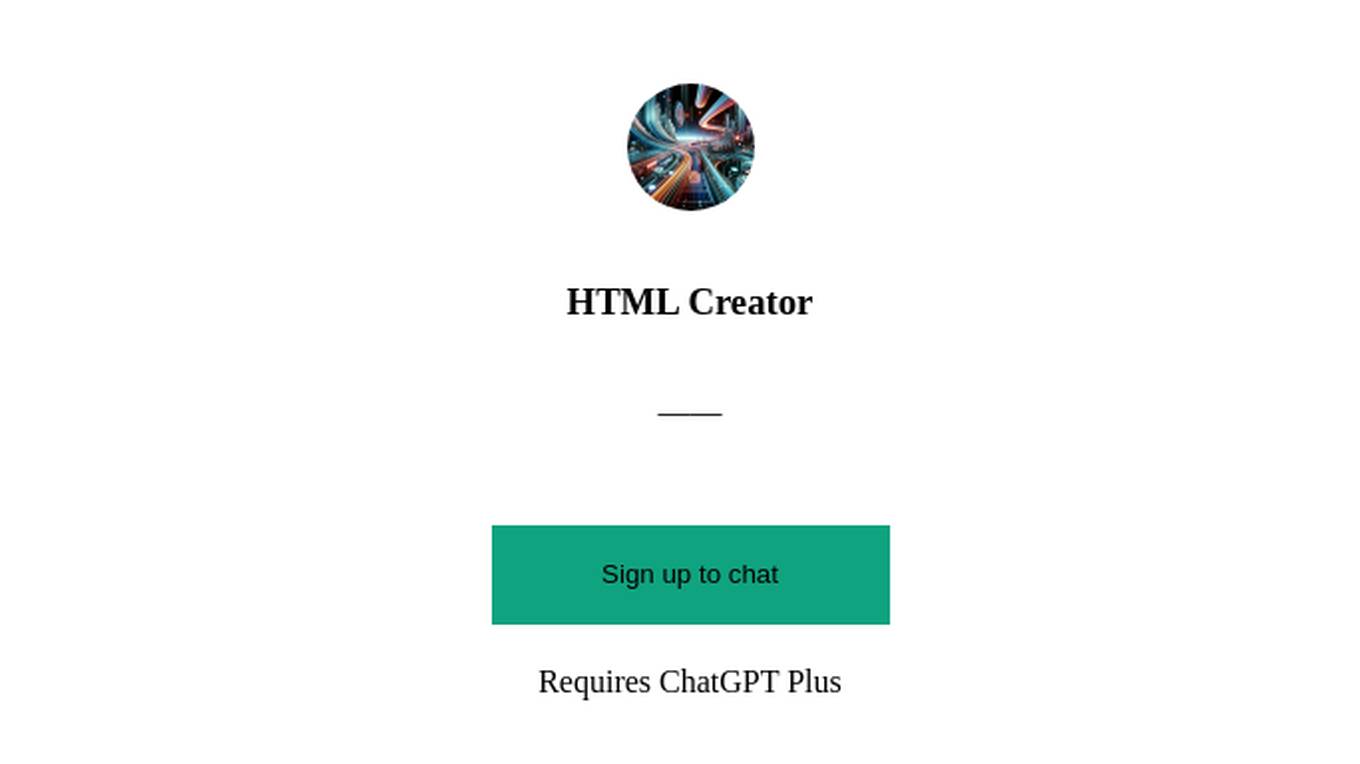Best AI tools for< Embed Code >
20 - AI tool Sites
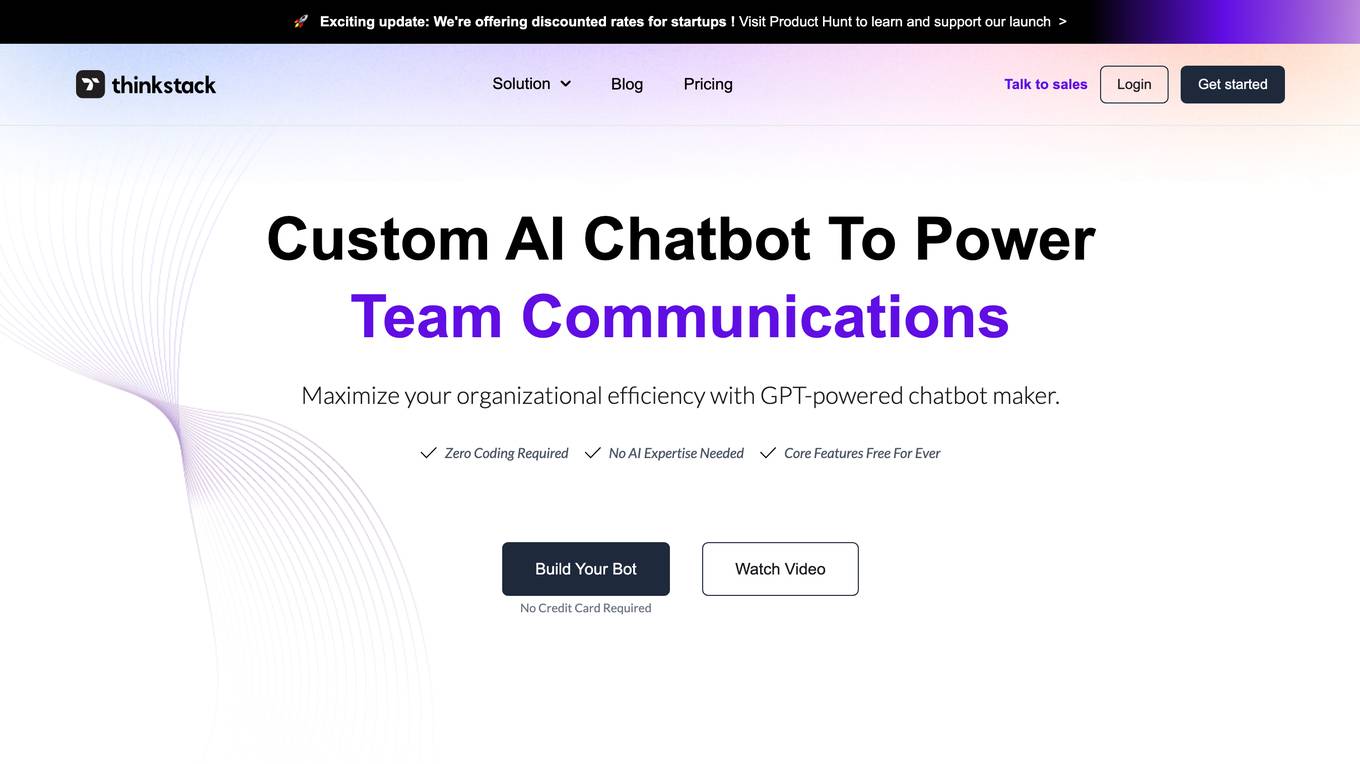
Thinkstack
Thinkstack is a free AI chatbot maker that allows users to create custom chatbots without any coding required. The platform offers a variety of features, including the ability to train your own chatbot, integrate with other tools, and generate leads. Thinkstack's chatbots can be used for a variety of purposes, including customer service, lead generation, and team communications.
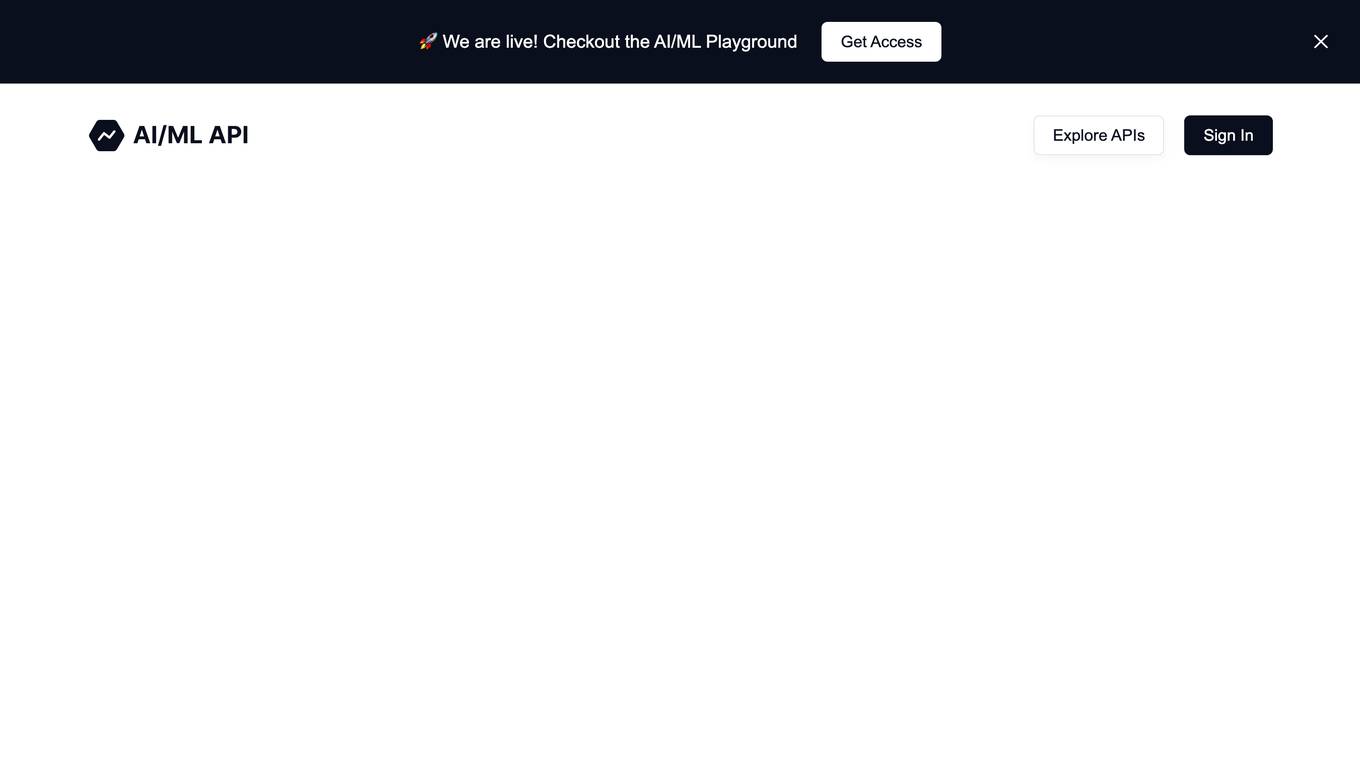
AIMLAPI.com
AIMLAPI.com is an AI tool that provides access to over 200 AI models through a single AI API. Users can integrate various AI features such as chat, music generation, embedding code, image generation, language processing, and voice recognition into their products. The platform offers advanced AI features, a sandbox environment for testing API models, simple integration process, and infinite scalability with low latency deployment.
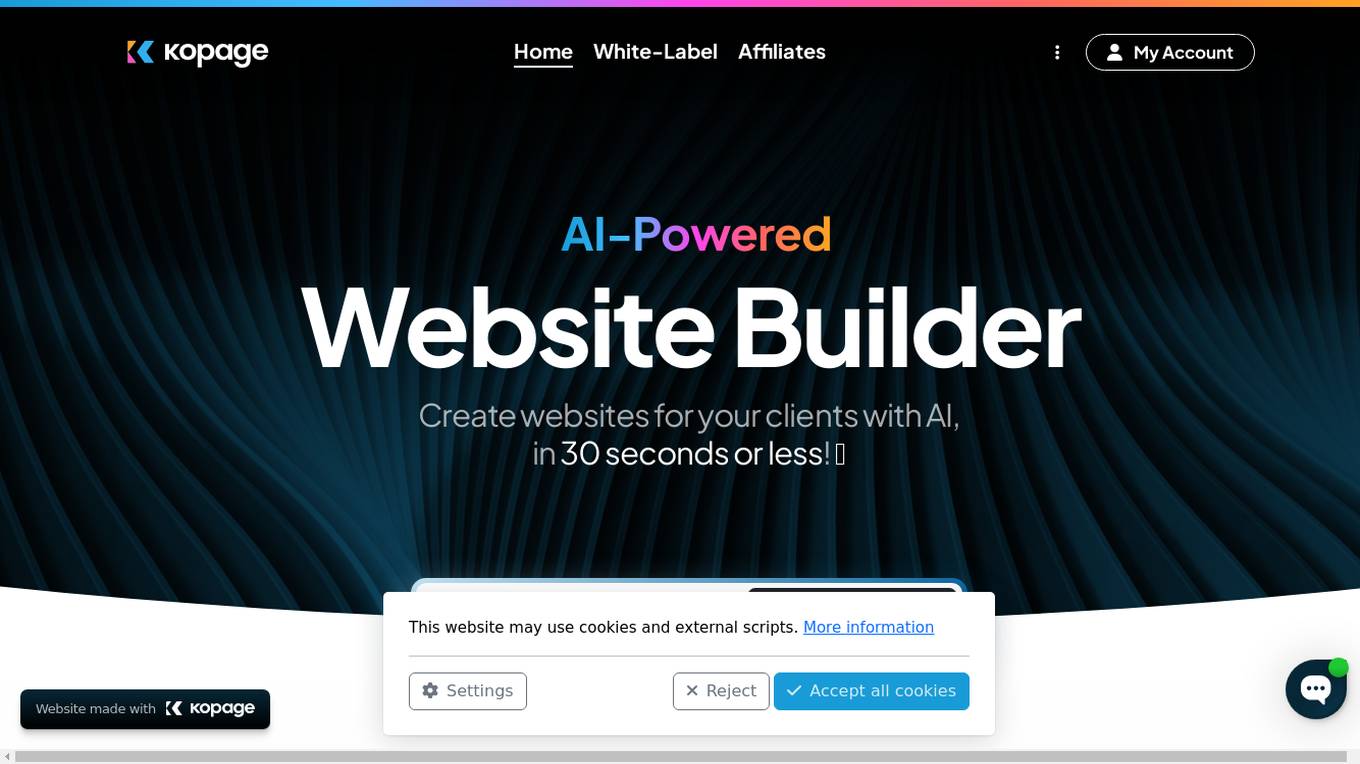
Kopage Website Studio
Kopage is a white-label AI website builder that allows users to create fully-featured websites for their clients in just 30 seconds or less. The platform offers an intuitive interface with drag-and-drop functionality, making website creation a breeze. With built-in SEO features, e-commerce capabilities, blog integration, and more, Kopage provides everything needed to launch a professional website. Users can easily customize their sites with hundreds of design options, including Google Fonts and color schemes. Additionally, Kopage offers advanced features such as private spaces, custom code embedding, analytics tracking, and multi-level menu structures.
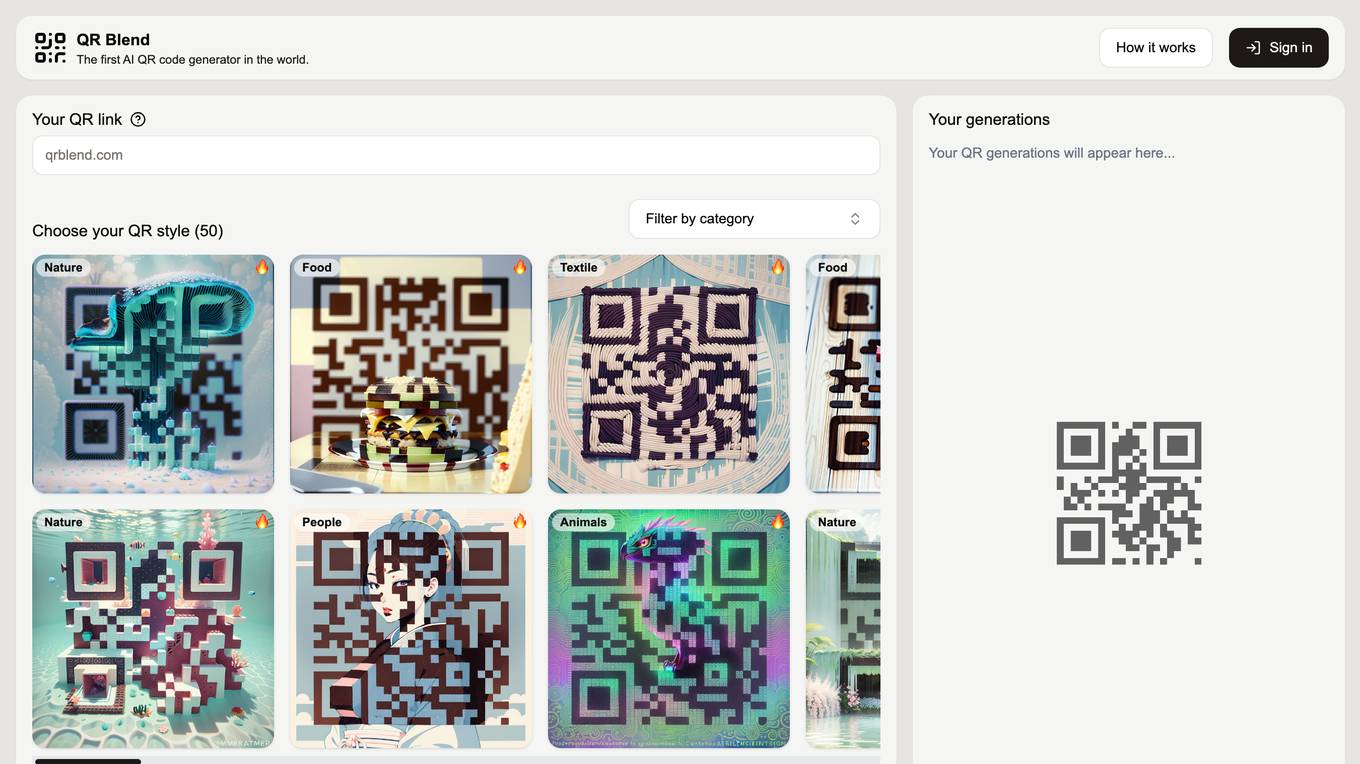
QR Blend
QR Blend is the first AI QR code generator in the world. It allows users to create QR codes with logo embedding and custom styles. Users can generate QR codes for various platforms like Spotify, Instagram, OpenAI, Domino's Pizza, Tesla, Disney, and Netflix. The tool offers a new feature called Logo Embedding, where users can send their logo and style preferences to [email protected]. For companies with special inquiries, QR Blend provides services like logo embedding, custom styles, higher resolution, and larger margins. The tool is designed to simplify the process of creating AI QR codes with a user-friendly interface.

Faraday
Faraday is a no-code AI platform that helps businesses make better predictions about their customers. With Faraday, businesses can embed AI into their workflows throughout their stack to improve the performance of their favorite tools. Faraday offers a variety of features, including propensity modeling, persona creation, and churn prediction. These features can be used to improve marketing campaigns, customer service, and product development. Faraday is easy to use and requires no coding experience. It is also affordable and offers a free-forever plan.
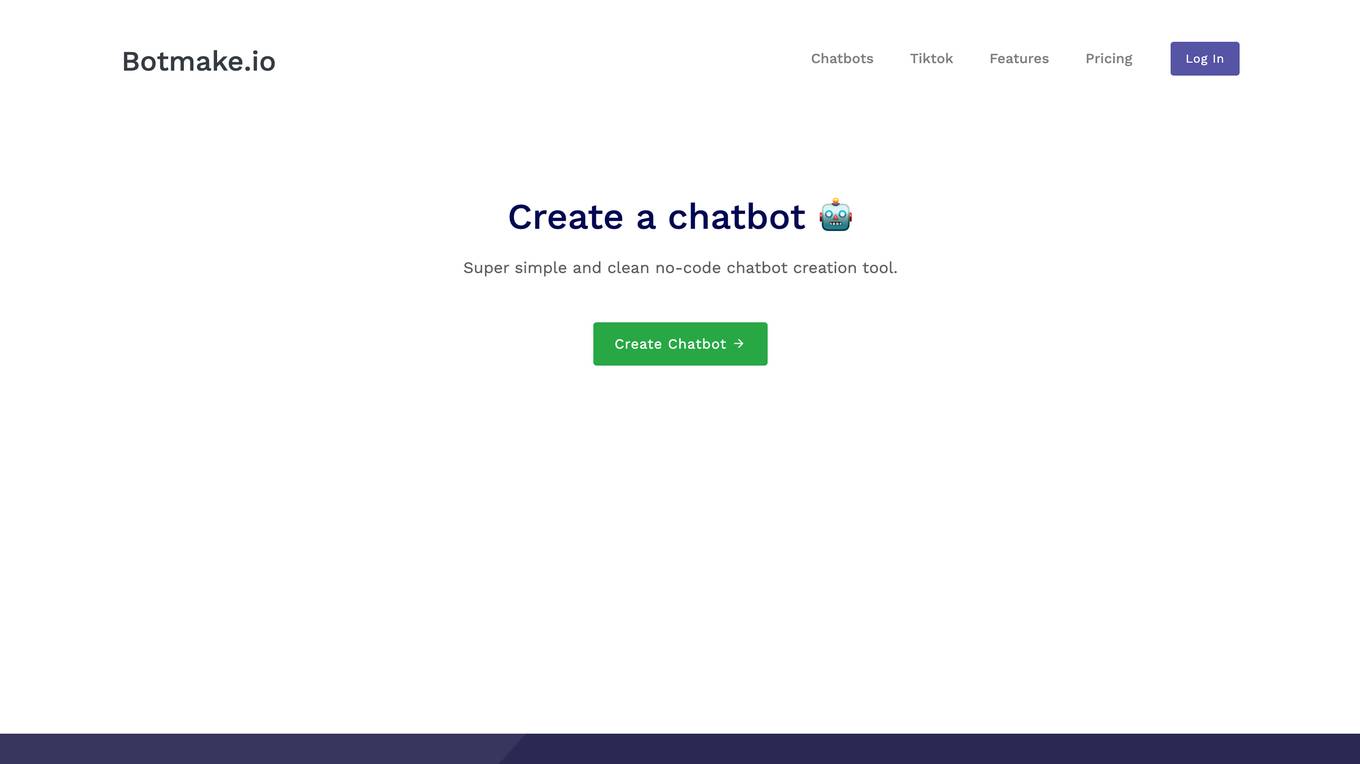
Botmake.io
Botmake.io is a simple and clean no-code chatbot creation tool that allows users to create chatbots without any coding experience. With Botmake.io, users can automate repetitive questions, import and export data in CSV format, customize the look and feel of their chatbots, extend their chatbots with apps, and embed their chatbots on their websites. Botmake.io offers a free plan and a premium plan with additional features.
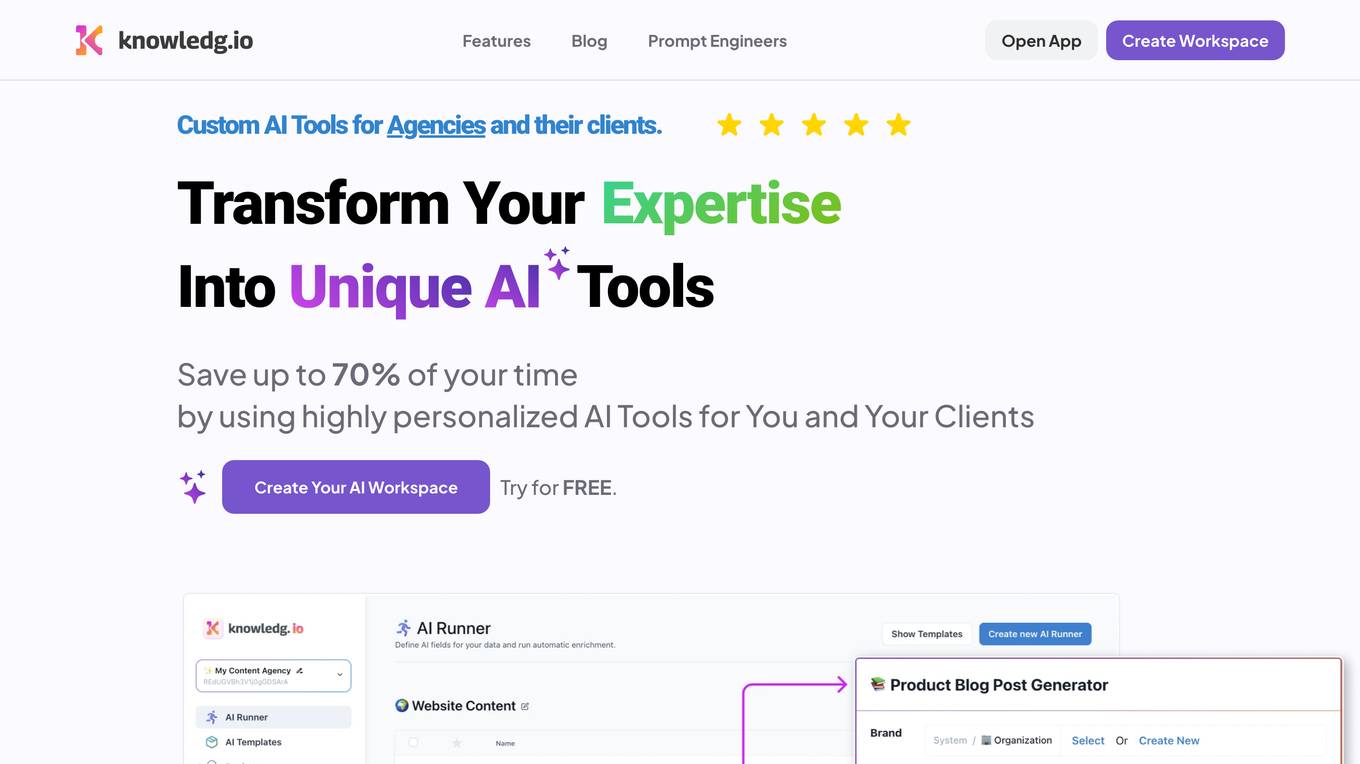
Knowledgio
Knowledgio is a no-code platform that allows users to easily build custom AI tools for agencies. It helps transform expertise into unique AI solutions, saving up to 70% of time with highly personalized tools. Users can create their AI workspace, embed knowledge without coding, organize data into entities, and share and monetize their tools effortlessly. The platform offers an easy-to-use interface, dedicated support, and automated distribution to help users build, share, and collaborate on AI tools effectively.
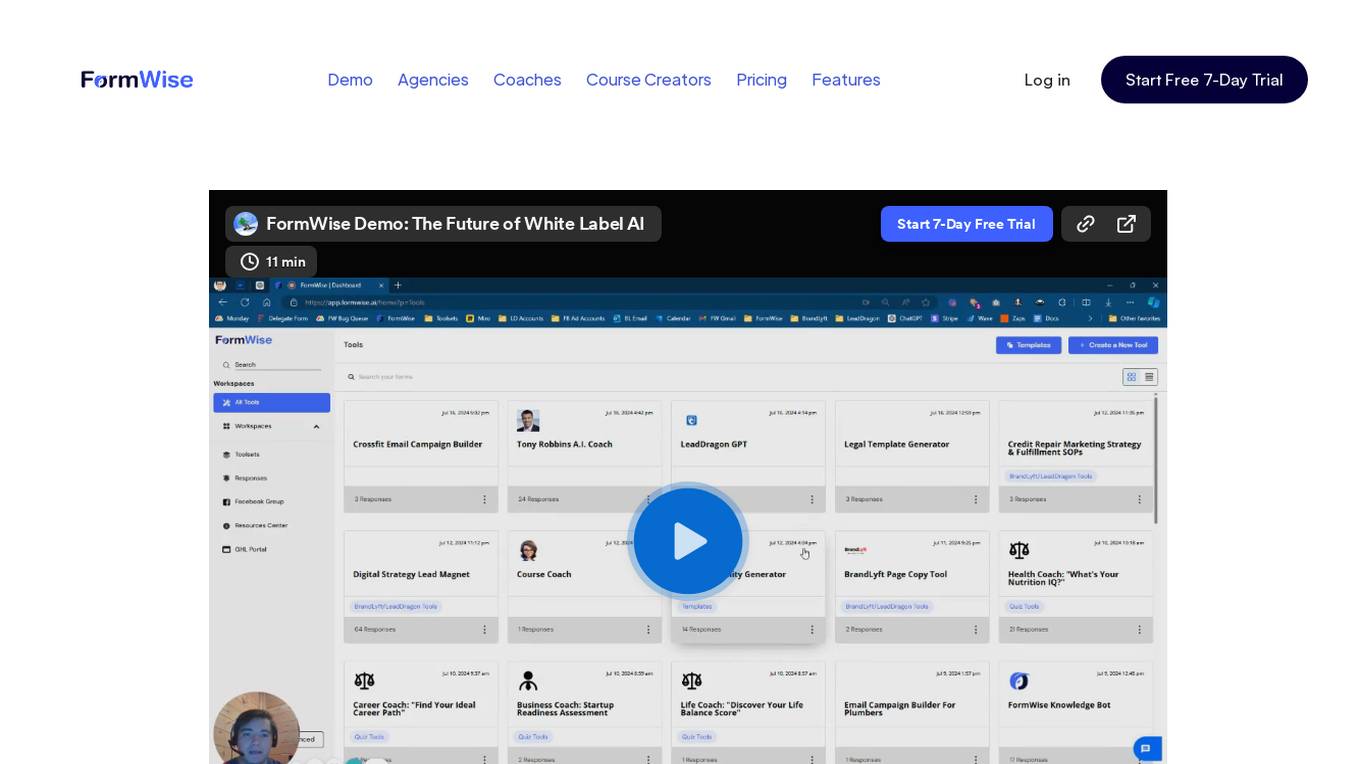
FormWise.AI
FormWise.AI is a powerful AI platform that allows users to create white-labeled AI tools for various purposes such as lead generation, micro offers, and dynamic lead magnets. It offers quick and easy setup with no coding required, enabling users to launch AI-powered tools in minutes. The platform provides a range of features including white-labeled CoPilots, dynamic lead magnets, and the ability to create brand-specific AI tools. FormWise.AI is used by online coaches, agencies, and marketers to enhance their offerings and engage with their audience.
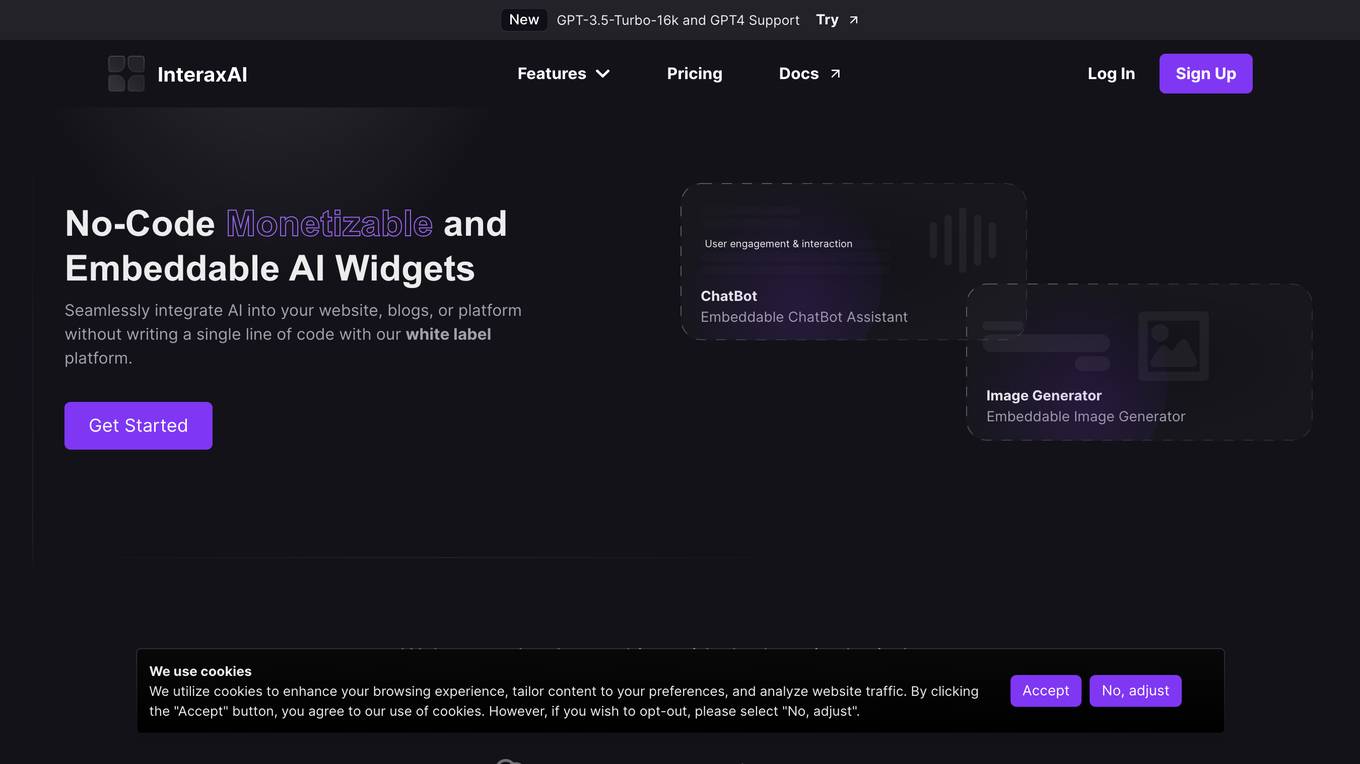
InteraxAI
InteraxAI is a no-code platform that allows users to embed AI widgets into their websites, blogs, or platforms without writing any code. The platform offers a range of AI widgets, including a chatbot assistant, an image generator, and a text completion tool. InteraxAI's widgets are fully customizable and can be configured to fit the user's brand and use case. The platform is also monetizable, allowing users to earn revenue by offering AI widgets to their audience.
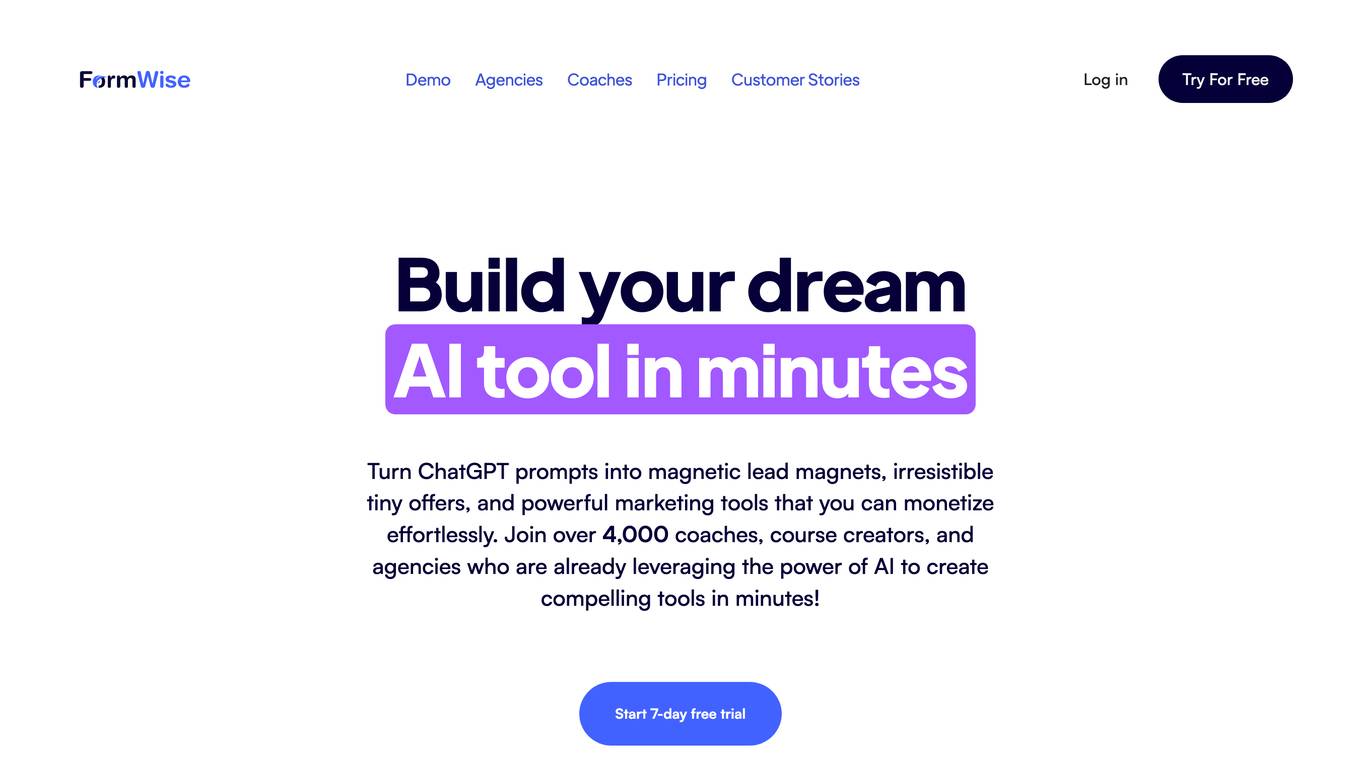
FormWise.AI
FormWise.AI is a no-code platform that allows users to create and embed white-label AI tools. With FormWise.AI, users can turn popular ChatGPT prompts into lead magnets, tiny offers, and marketing tools that they can monetize without coding. FormWise.AI also offers a variety of templates and integrations to help users get started quickly and easily.
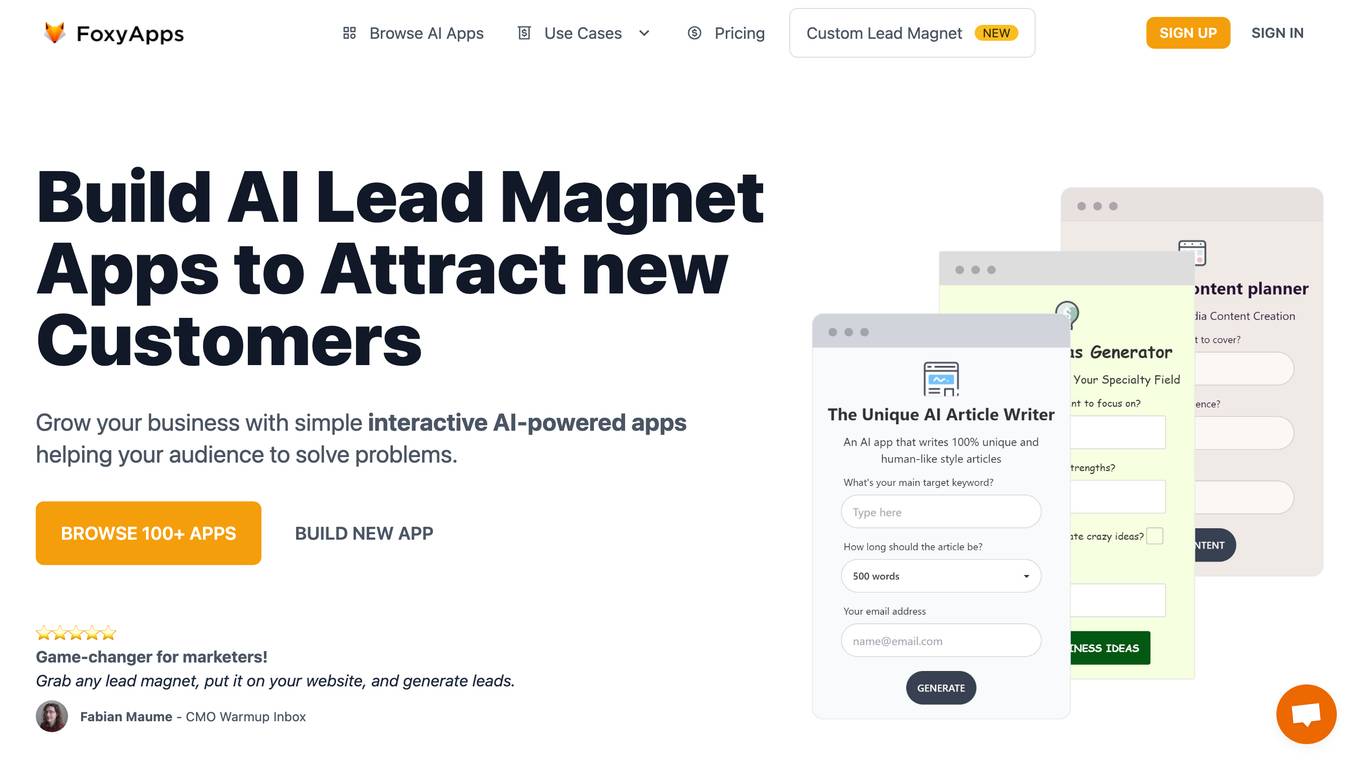
FoxyApps
FoxyApps is an AI-powered platform that allows users to easily build interactive AI-tools to attract new customers, generate qualified leads, and boost website SEO. The platform offers a variety of templates and features a no-code builder for creating simple yet powerful AI-apps. FoxyApps empowers businesses, marketers, and solopreneurs to leverage AI technology to enhance their online presence and engage with their audience effectively.
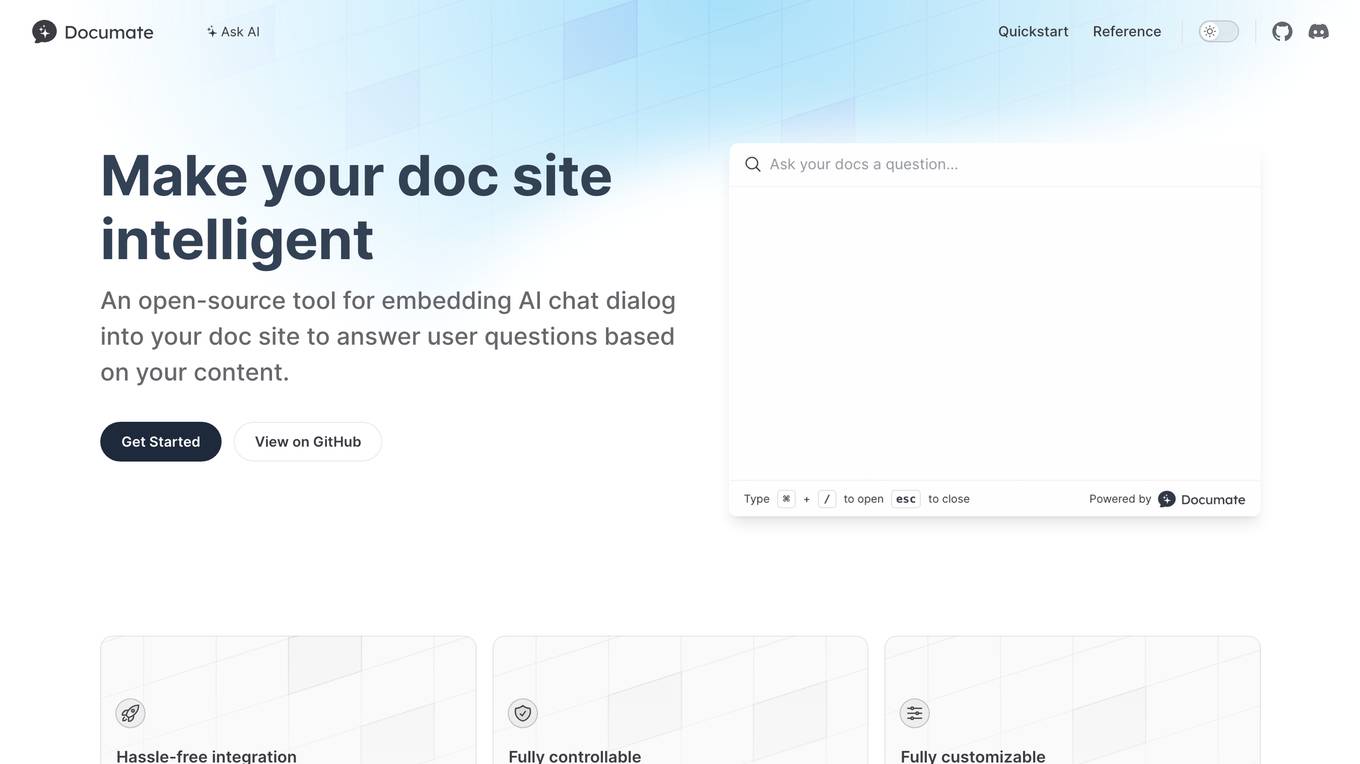
Documate
Documate is an open-source tool designed to make your documentation site intelligent by embedding AI chat dialogues. It allows users to ask questions based on the content of the site and receive relevant answers. The tool offers hassle-free integration with popular doc site platforms like VitePress, Docusaurus, and Docsify, without requiring AI or LLM knowledge. Users have full control over the code and data, enabling them to choose which content to index. Documate also provides a customizable UI to meet specific needs, all while being developed with care by AirCode.
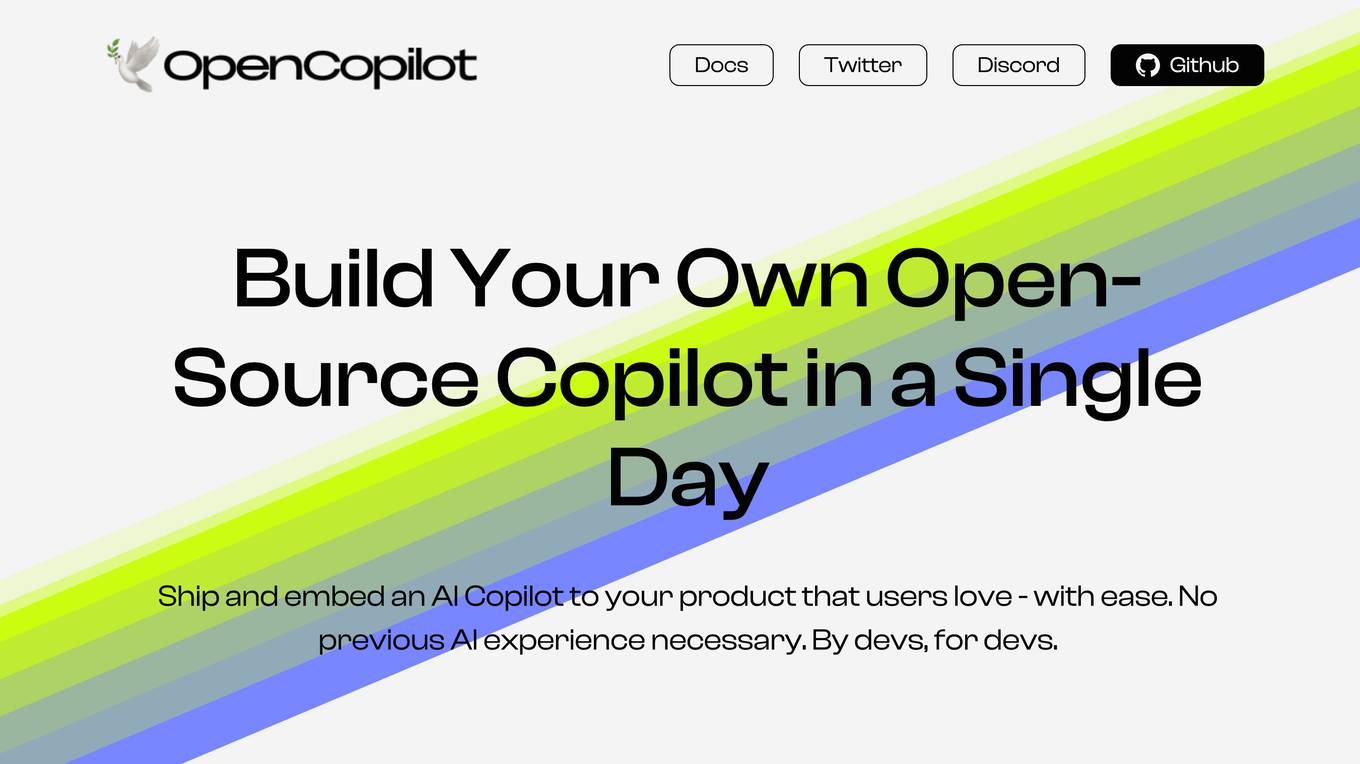
404 Error Page
The website displays a 404 error message indicating that the deployment cannot be found. It provides a code (DEPLOYMENT_NOT_FOUND) and an ID (sin1::pkg7k-1723140204453-6ee38423fb2b) for reference. Users are directed to check the documentation for further information and troubleshooting.
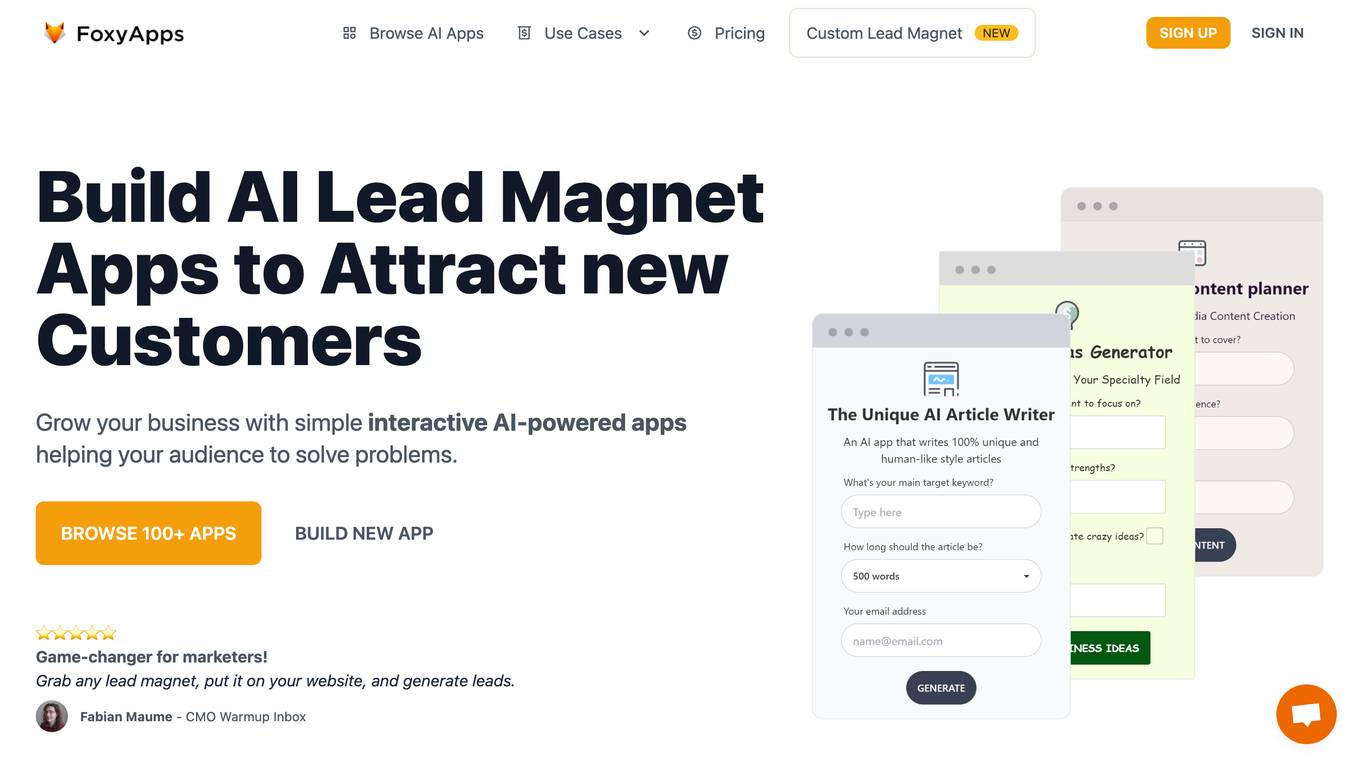
FoxyApps
FoxyApps is a platform that allows users to create AI-powered lead magnet apps to attract new customers. These apps can be used to collect leads, create personalized email sequences, or integrate with your preferred CRM. FoxyApps offers a variety of pre-built AI apps that can be customized to fit your specific needs. You can also create your own custom AI app using FoxyApps' no-code builder. FoxyApps is a great tool for businesses of all sizes looking to generate more leads and grow their business.
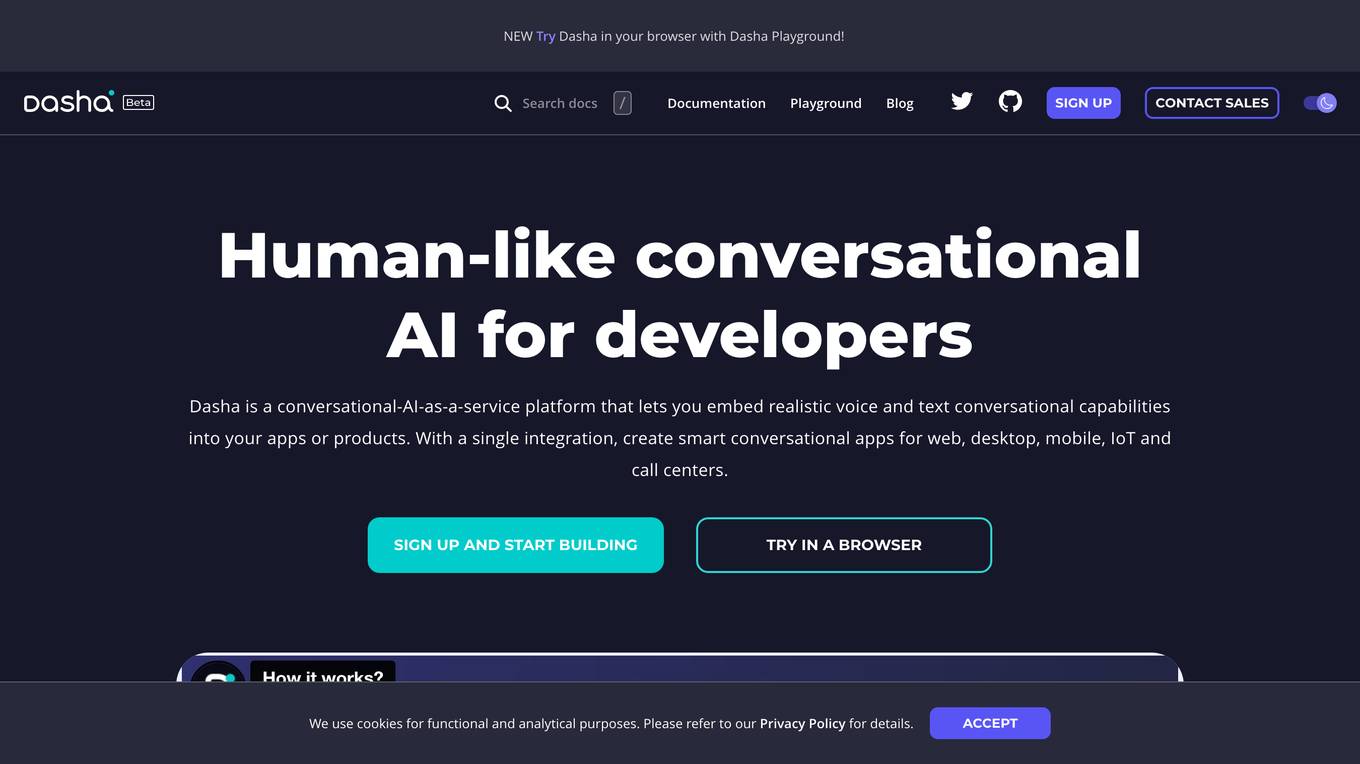
Dasha
Dasha is a conversational AI-as-a-service platform that allows developers to embed realistic voice and text conversational capabilities into their apps or products. With a single integration, developers can create smart conversational apps for web, desktop, mobile, IoT, and call centers. Dasha's declarative programming language, DashaScript, makes it easy to design complex real-world conversations that pass a limited Turing test. Developers can use Dasha to automate call center conversations, recreate the Google Duplex demo, or create no-code GUIs for their users. Dasha's platform is flexible and can be integrated with any platform or programming language. It also offers a free tier for builders and testers.
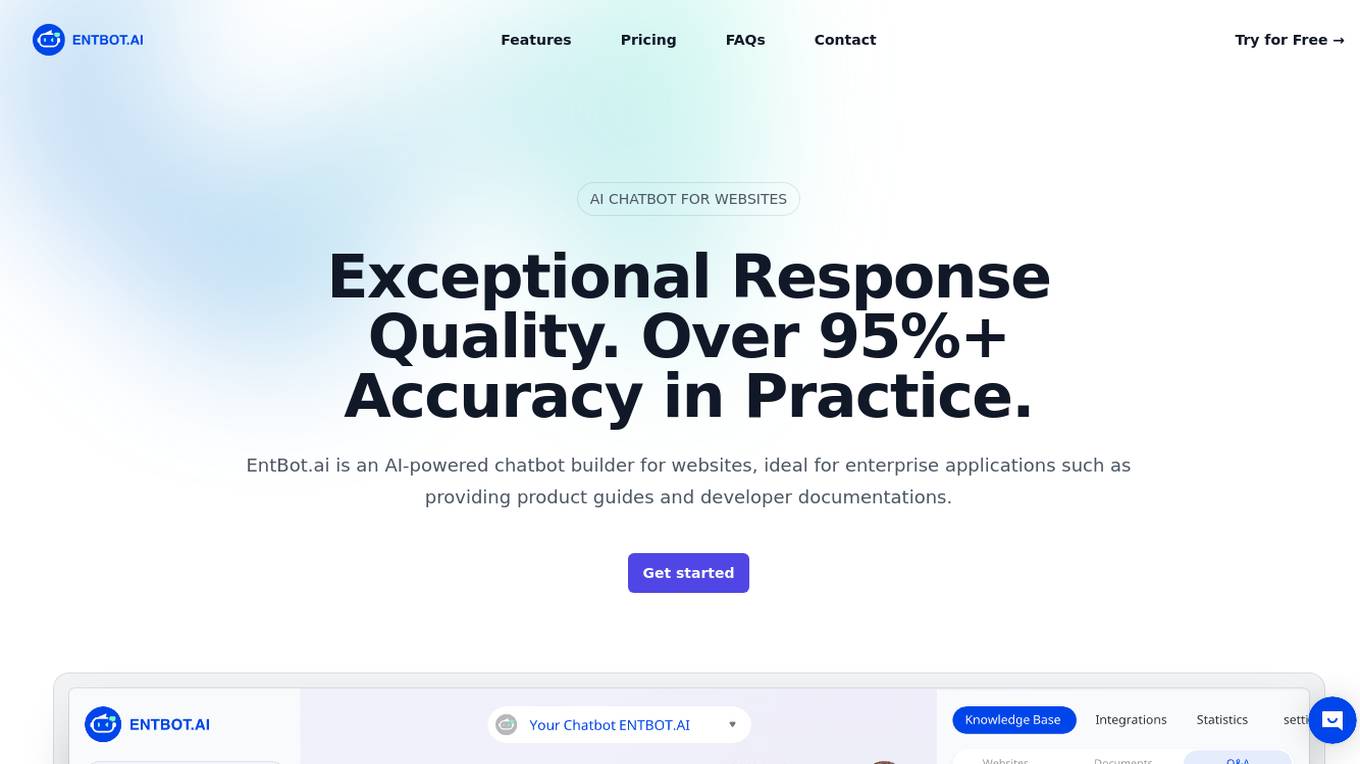
EntBot.ai
EntBot.ai is an AI-powered chatbot builder designed for websites, catering to enterprise applications by offering product guides and developer documentations. It provides exceptional response quality with over 95% accuracy in practice. The chatbot can reduce client wait times, achieve higher customer satisfaction, and offer 24/7 service coverage with fewer support staff. EntBot.ai empowers users to sell or assist customers, supports multilingual interactions, and integrates seamlessly with messaging apps and websites. It offers no-code integration capabilities with platforms like Discord and Slack, making it a versatile tool for businesses.
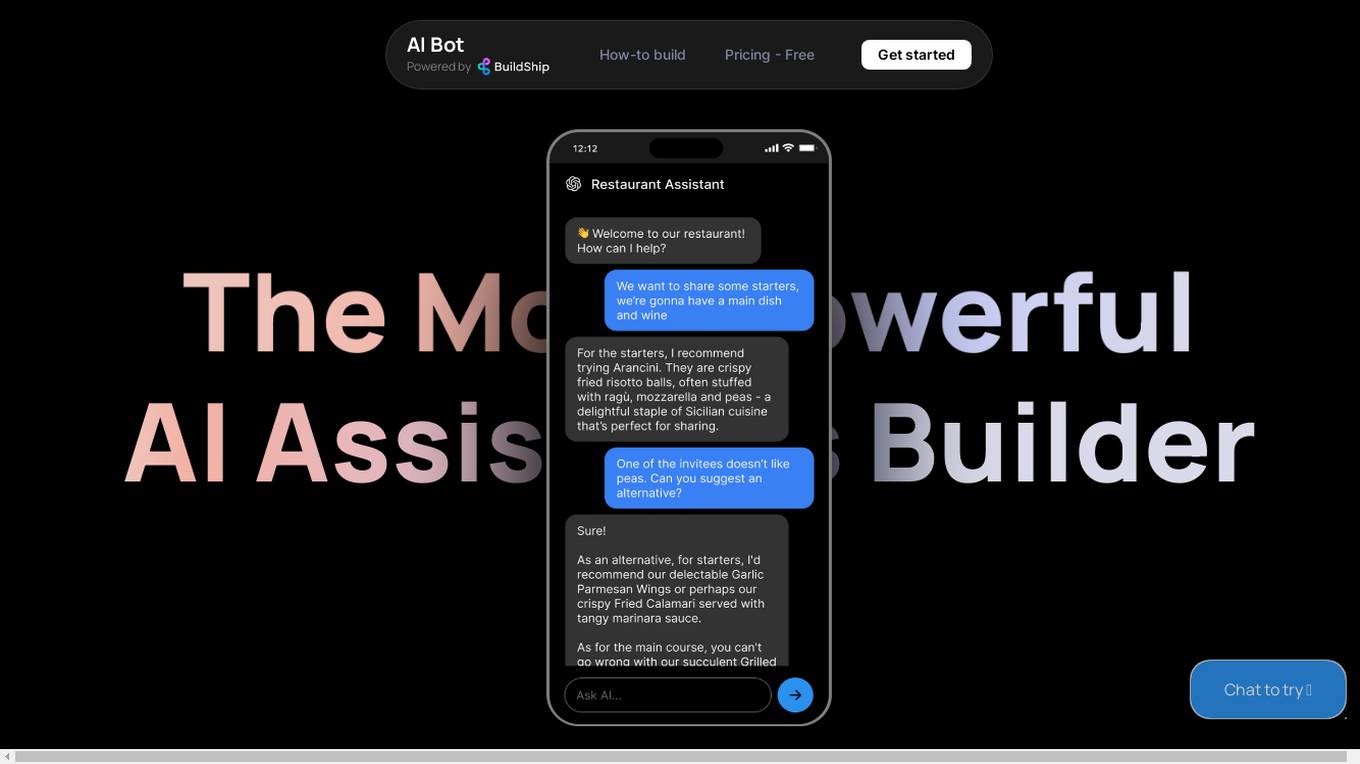
BuildShip.com
BuildShip.com is a powerful AI Assistant Builder that allows users to create AI Assistant ChatBots in just 5 minutes. The platform enables users to connect to tools and databases without the need for any code, offering full flexibility with low-code options. Users can build AI Assistants using popular models like OpenAI, Claude 3, and Azure, and can easily ship their creations as APIs, chat widgets, workflow, or schedule jobs. The platform also provides secure integration with databases, the ability to generate custom action nodes, and seamless plugin chat widgets for websites. BuildShip.com simplifies the process of building AI Assistants and empowers users to bring their ideas to life effortlessly.
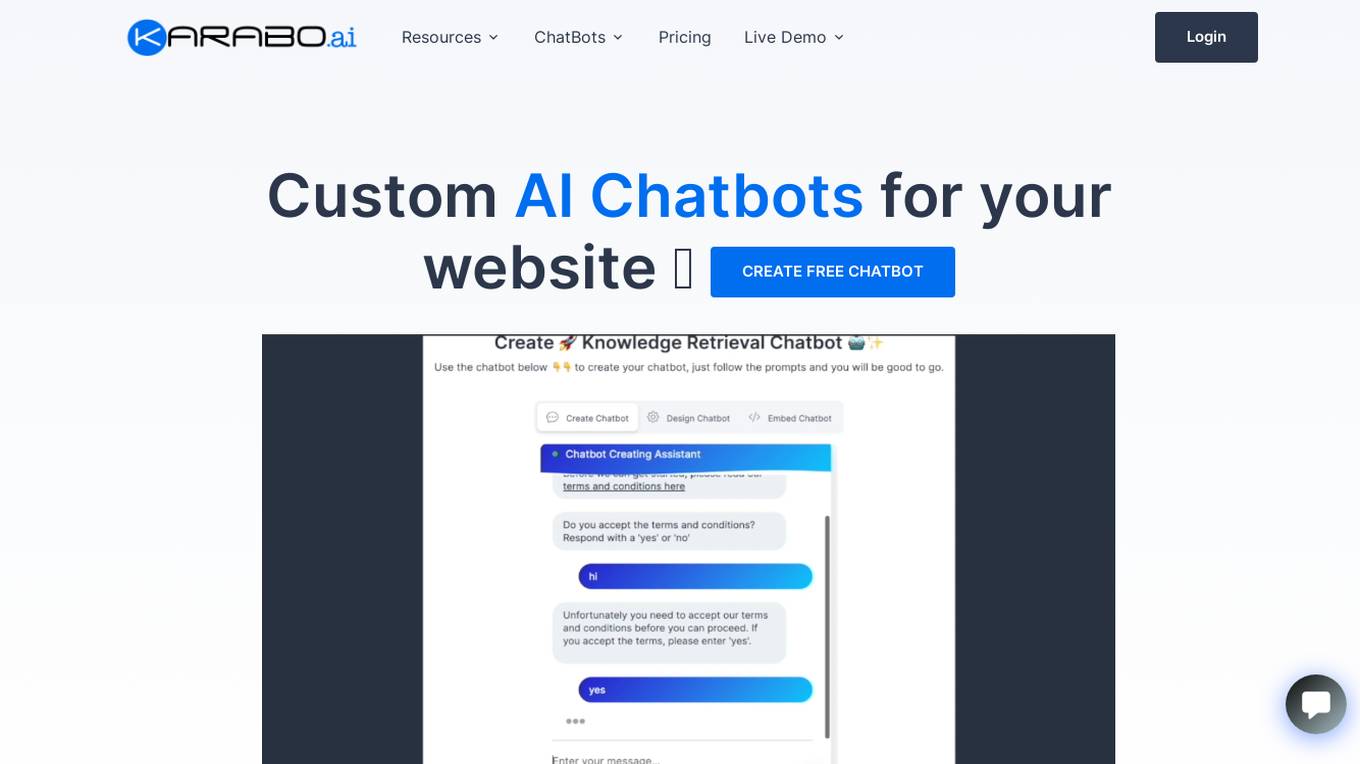
KaraboAI
KaraboAI is a platform that allows users to create custom AI chatbots for their website. The platform offers a variety of chatbot templates to choose from, and users can also create their own chatbots from scratch. KaraboAI chatbots can be used for a variety of purposes, including customer service, lead generation, and data collection. The platform also offers a range of integrations with other software and services, making it easy to connect your chatbot to your existing workflow.
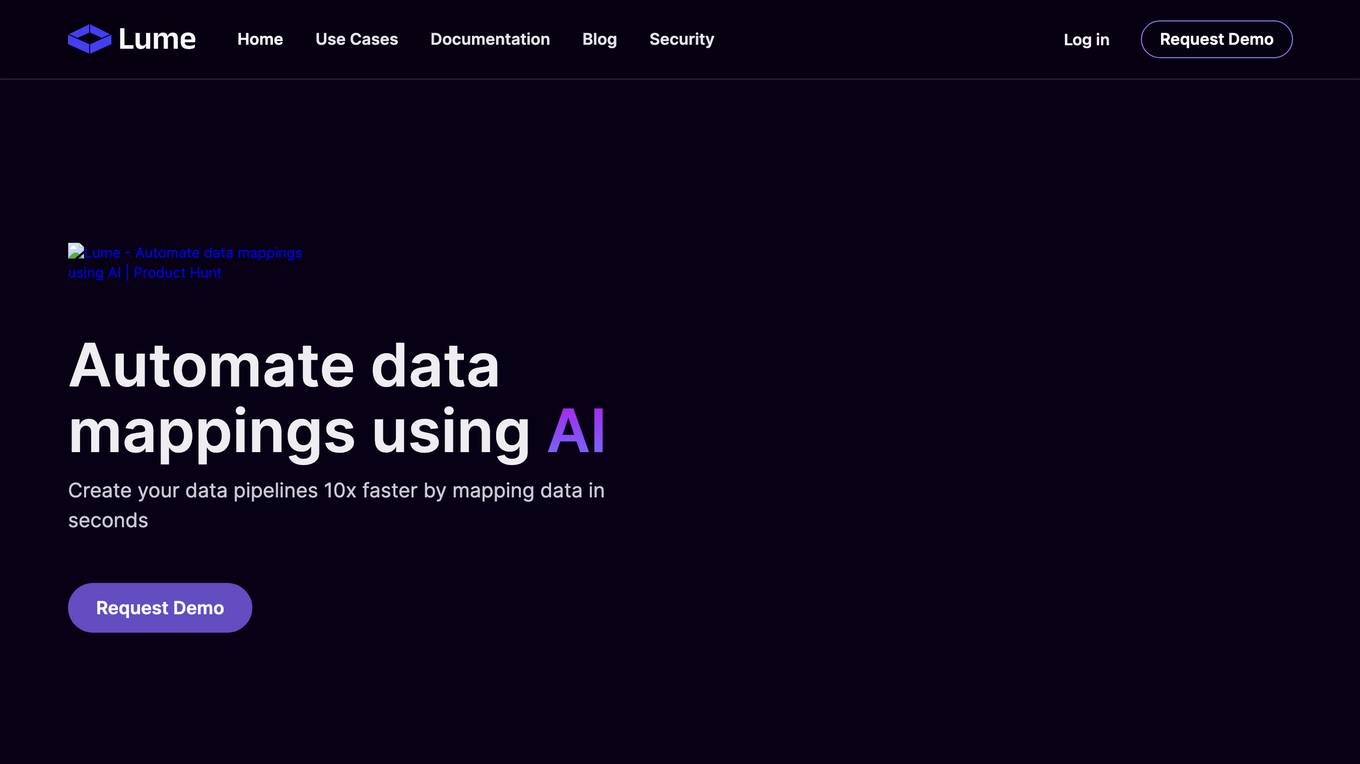
Lume AI
Lume AI is an innovative AI-powered platform that revolutionizes data mapping processes. It automates data mappings using AI technology, enabling users to create data pipelines 10x faster by mapping data in seconds. The platform offers AI functionality that understands source and target formats, generates mapping logic in seconds, and allows for quick review and editing of mappers through custom logic or natural language. Lume AI provides visibility into mapped data, mapping logic, and other AI decisions, ensuring seamless integration and maintenance of data mappings. Users can embed auto-mappers in their code, choose between API and user-friendly platform options, and leverage AI for efficient data mapping without manual intervention.
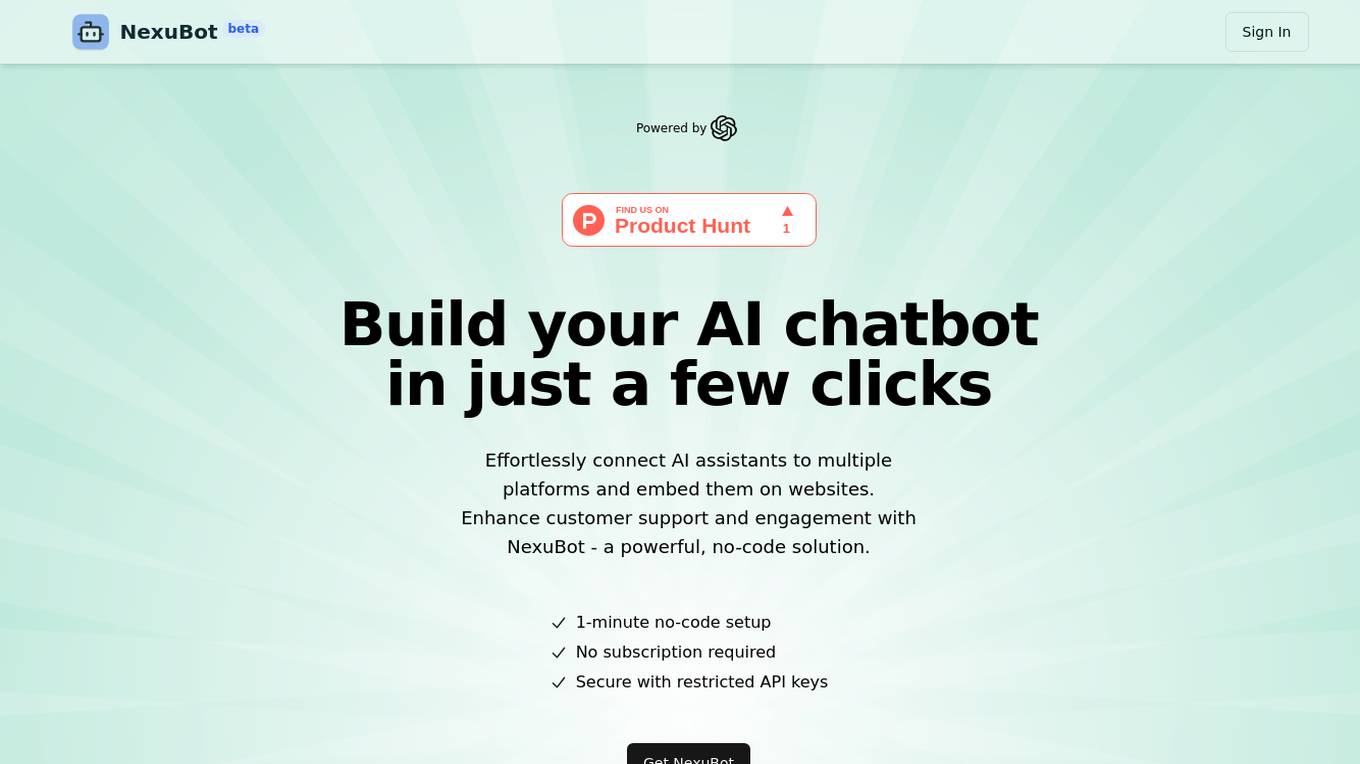
NexuBot
NexuBot is an AI chatbot creation tool that allows users to effortlessly build and embed AI assistants on websites. It offers a no-code solution to enhance customer support and engagement by enabling self-serve interactions. With NexuBot, users can create unlimited chatbots with a one-time payment, eliminating the need for expensive developers or monthly subscriptions. The tool is designed to streamline the process of connecting openAI assistants to multiple platforms, making it easy to generate leads and maintain interactions across various channels.
20 - Open Source AI Tools
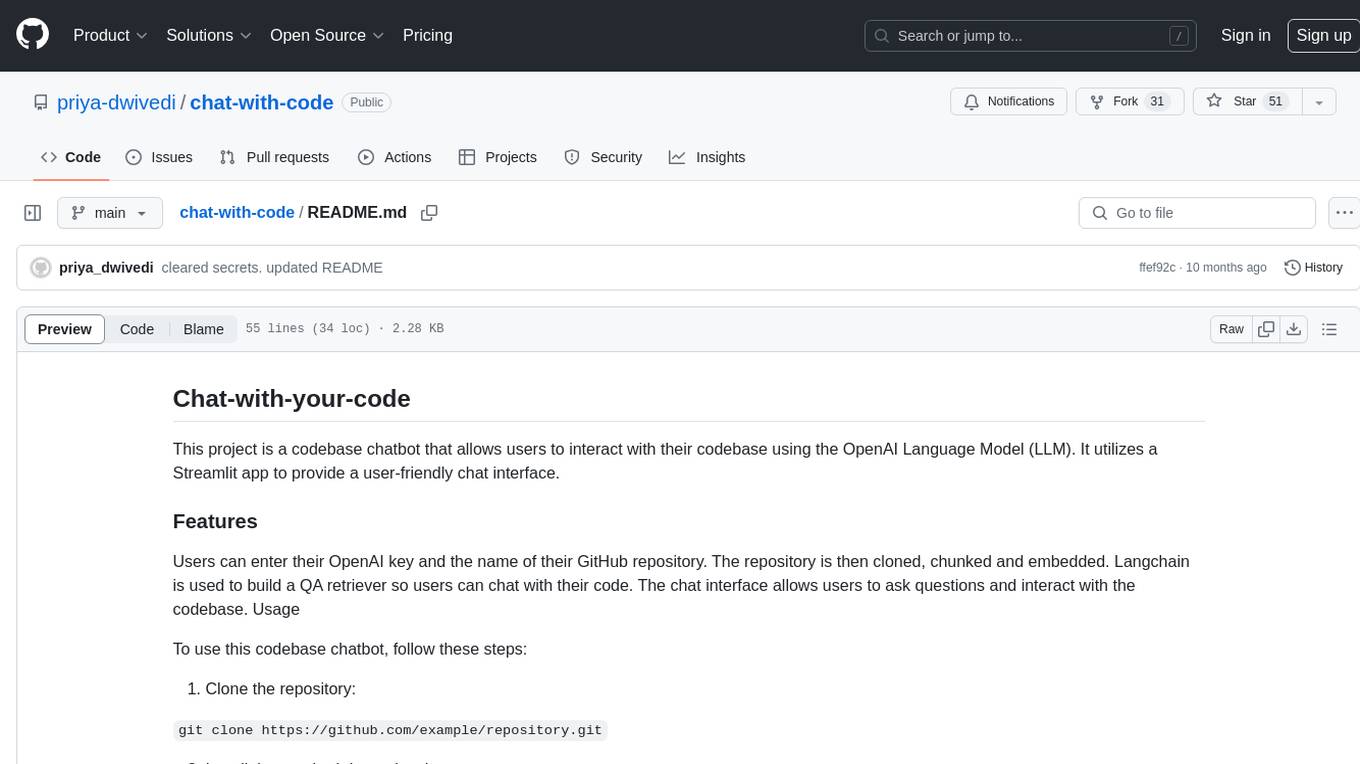
chat-with-code
Chat-with-code is a codebase chatbot that enables users to interact with their codebase using the OpenAI Language Model. It provides a user-friendly chat interface where users can ask questions and interact with their code. The tool clones, chunks, and embeds the codebase, allowing for natural language interactions. It is designed to assist users in exploring and understanding their codebase more intuitively.

CodeFuse-muAgent
CodeFuse-muAgent is a Multi-Agent framework designed to streamline Standard Operating Procedure (SOP) orchestration for agents. It integrates toolkits, code libraries, knowledge bases, and sandbox environments for rapid construction of complex Multi-Agent interactive applications. The framework enables efficient execution and handling of multi-layered and multi-dimensional tasks.
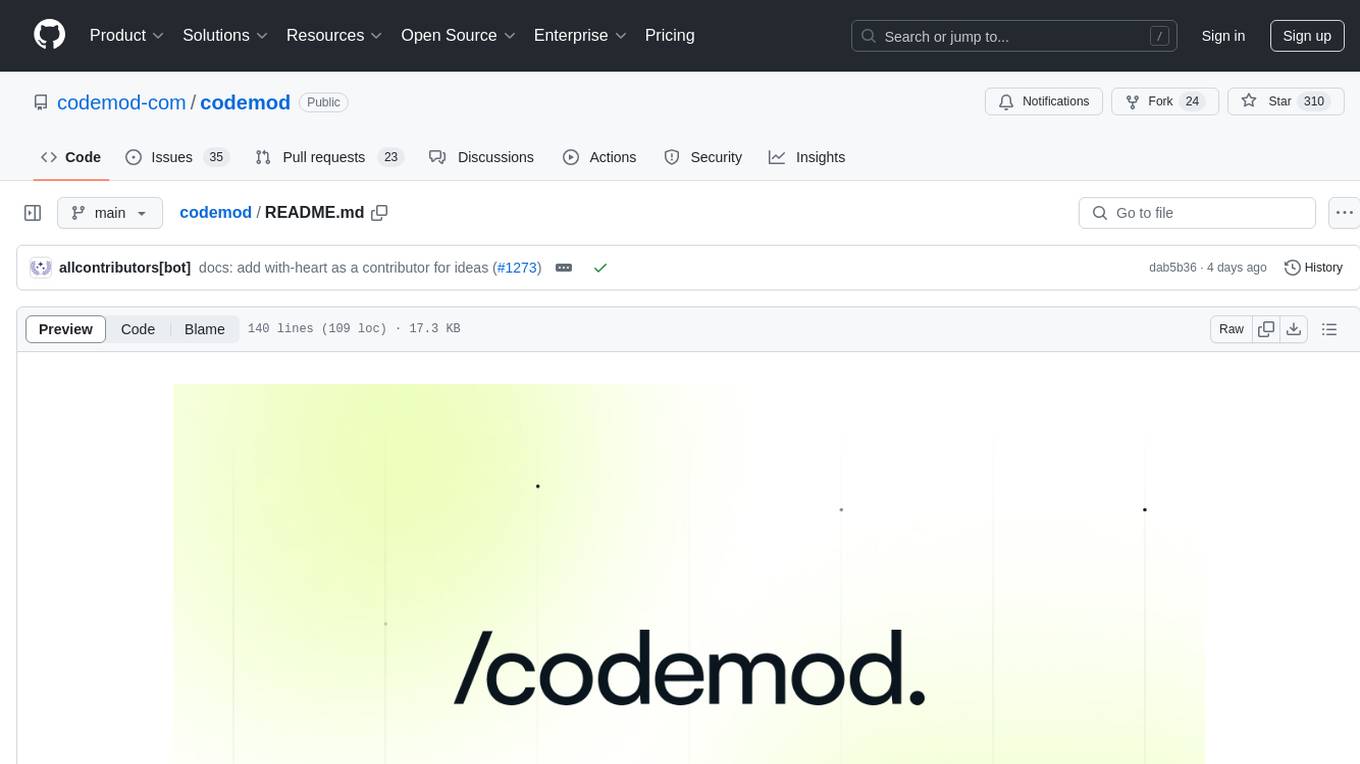
codemod
Codemod platform is a tool that helps developers create, distribute, and run codemods in codebases of any size. The AI-powered, community-led codemods enable automation of framework upgrades, large refactoring, and boilerplate programming with speed and developer experience. It aims to make dream migrations a reality for developers by providing a platform for seamless codemod operations.
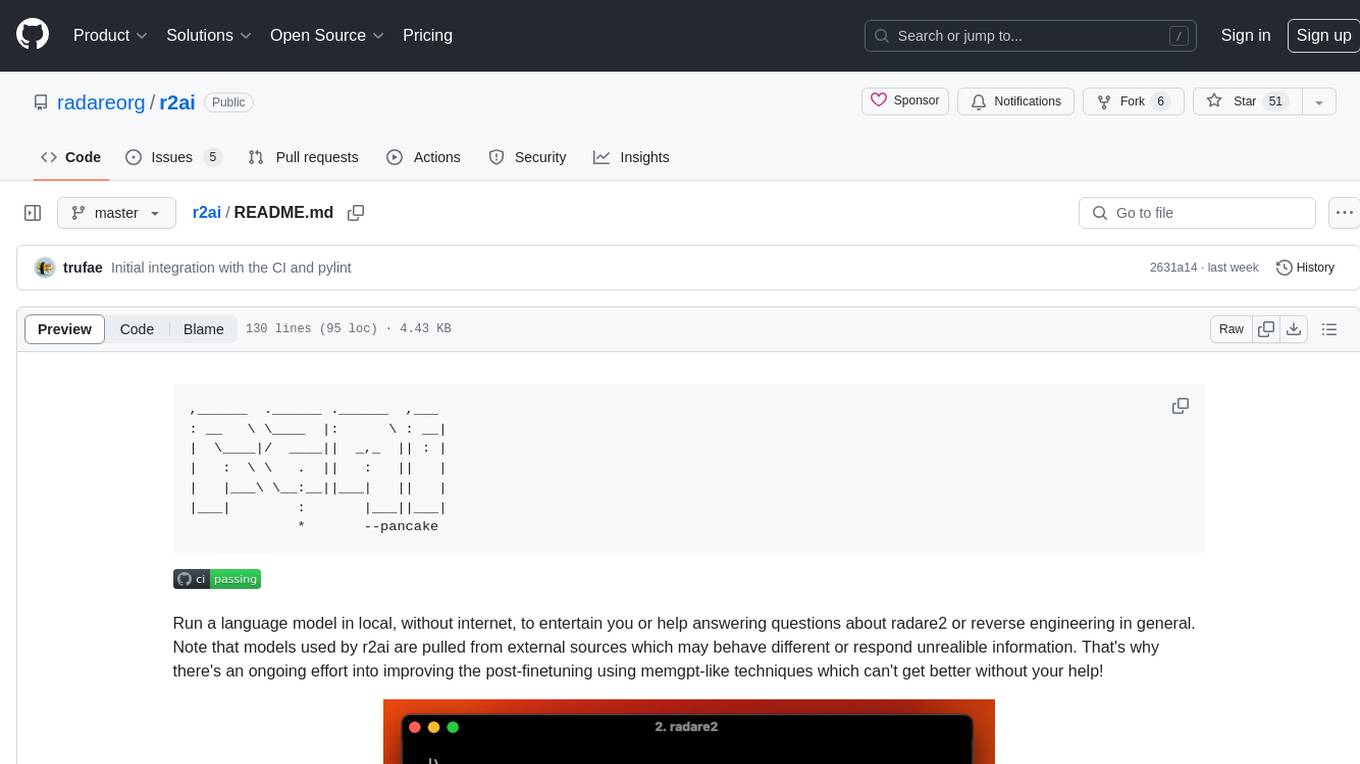
r2ai
r2ai is a tool designed to run a language model locally without internet access. It can be used to entertain users or assist in answering questions related to radare2 or reverse engineering. The tool allows users to prompt the language model, index large codebases, slurp file contents, embed the output of an r2 command, define different system-level assistant roles, set environment variables, and more. It is accessible as an r2lang-python plugin and can be scripted from various languages. Users can use different models, adjust query templates dynamically, load multiple models, and make them communicate with each other.
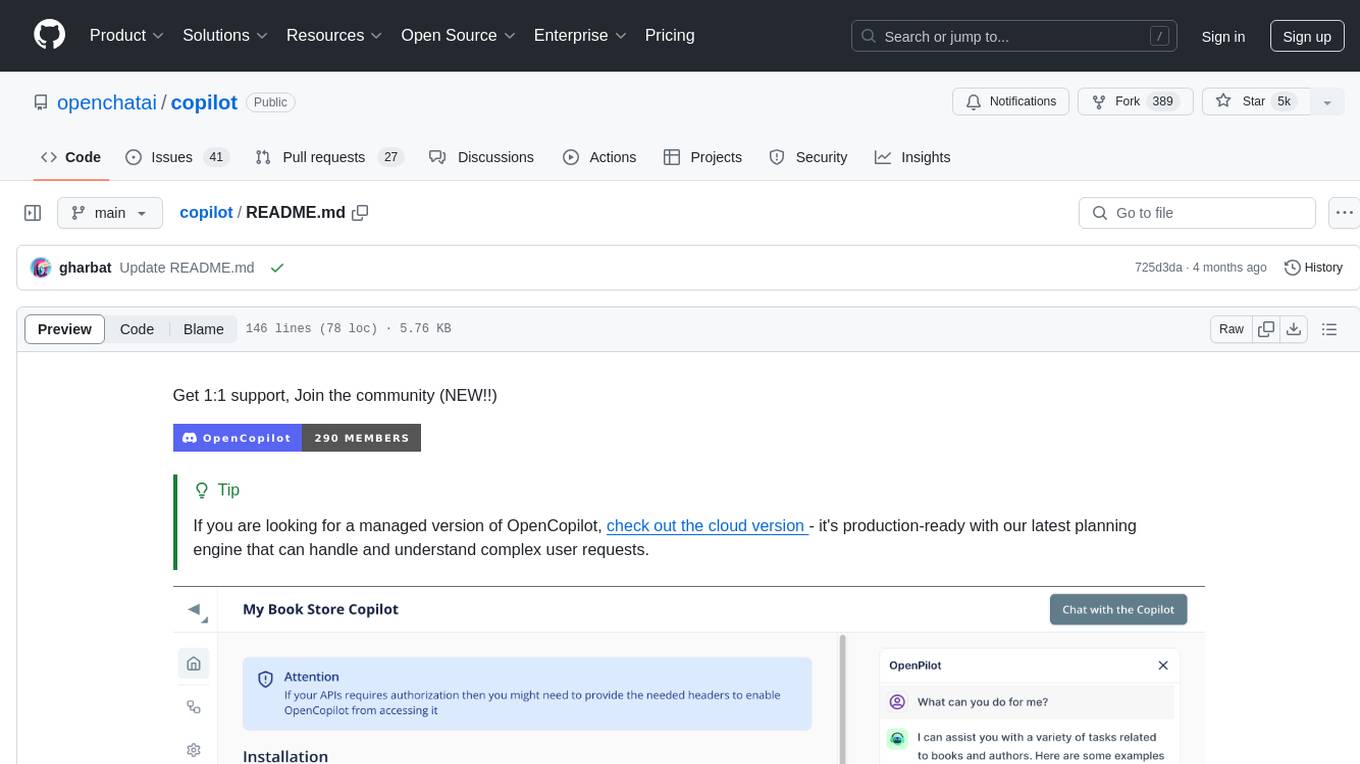
copilot
OpenCopilot is a tool that allows users to create their own AI copilot for their products. It integrates with APIs to execute calls as needed, using LLMs to determine the appropriate endpoint and payload. Users can define API actions, validate schemas, and integrate a user-friendly chat bubble into their SaaS app. The tool is capable of calling APIs, transforming responses, and populating request fields based on context. It is not suitable for handling large APIs without JSON transformers. Users can teach the copilot via flows and embed it in their app with minimal code.
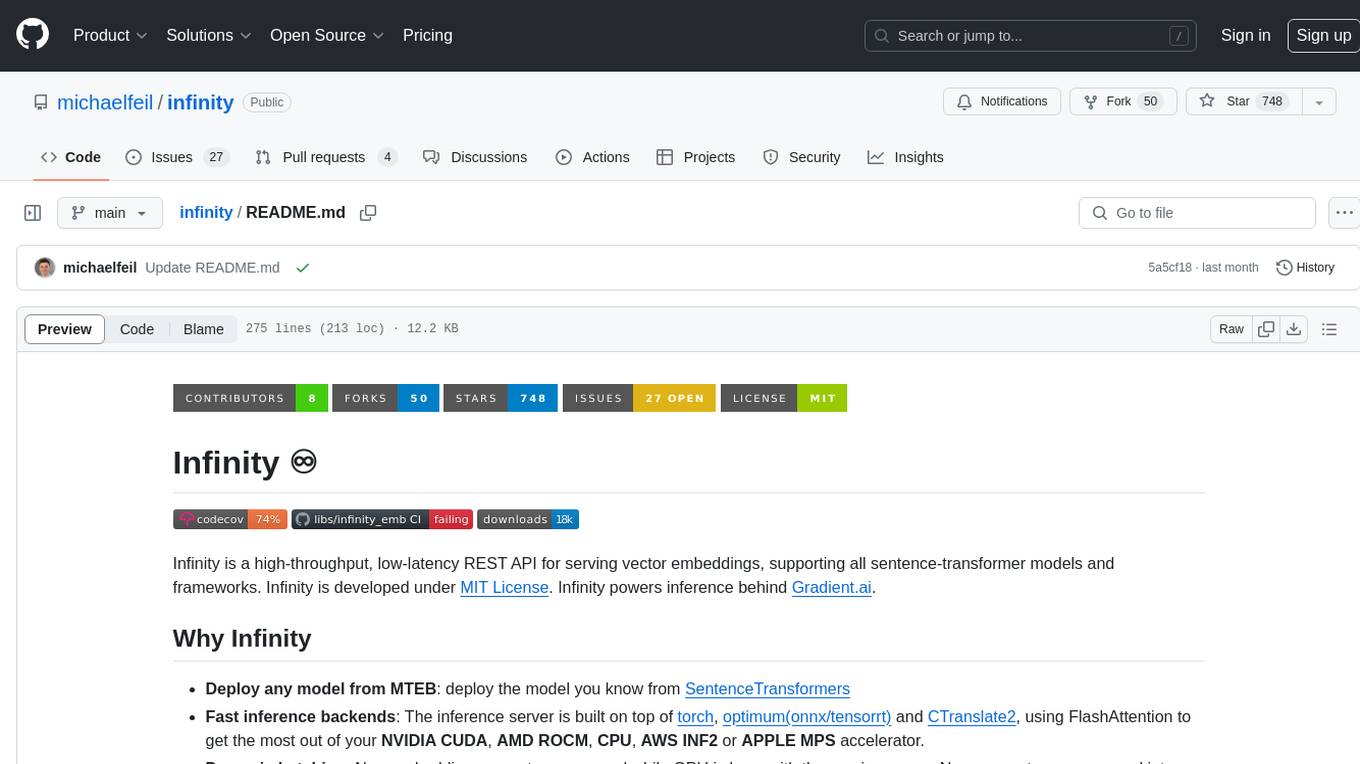
infinity
Infinity is a high-throughput, low-latency REST API for serving vector embeddings, supporting all sentence-transformer models and frameworks. It is developed under the MIT License and powers inference behind Gradient.ai. The API allows users to deploy models from SentenceTransformers, offers fast inference backends utilizing various accelerators, dynamic batching for efficient processing, correct and tested implementation, and easy-to-use API built on FastAPI with Swagger documentation. Users can embed text, rerank documents, and perform text classification tasks using the tool. Infinity supports various models from Huggingface and provides flexibility in deployment via CLI, Docker, Python API, and cloud services like dstack. The tool is suitable for tasks like embedding, reranking, and text classification.
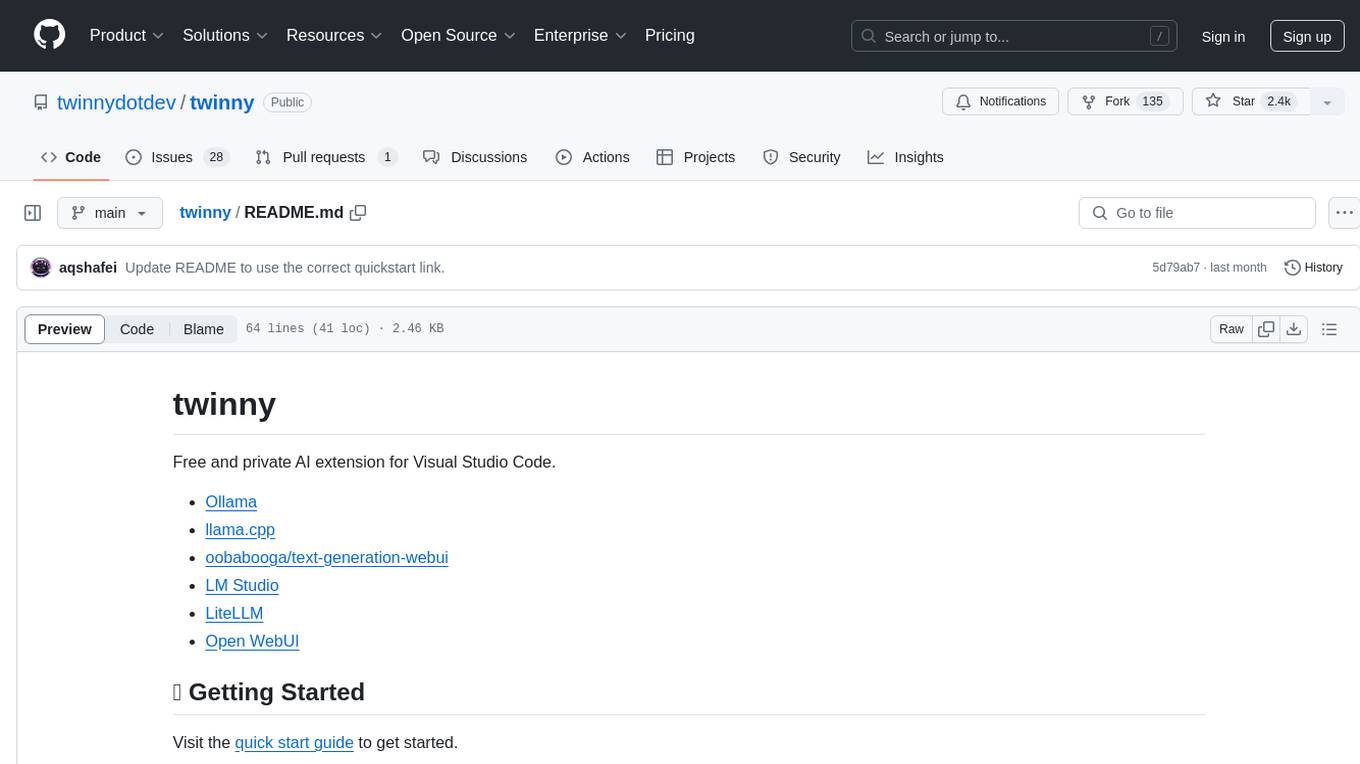
twinny
Twinny is a free and private AI extension for Visual Studio Code that offers AI-based code completion and code discussion features. It provides real-time code suggestions, function explanations, test generation, refactoring requests, and more. Twinny operates both online and offline, supports customizable API endpoints, conforms to OpenAI API standards, and offers various customization options for prompt templates, API providers, model names, and more. It is compatible with multiple APIs and allows users to accept code solutions directly in the editor, create new documents from code blocks, and copy generated code solution blocks. Twinny is open-source under the MIT license and welcomes contributions from the community.
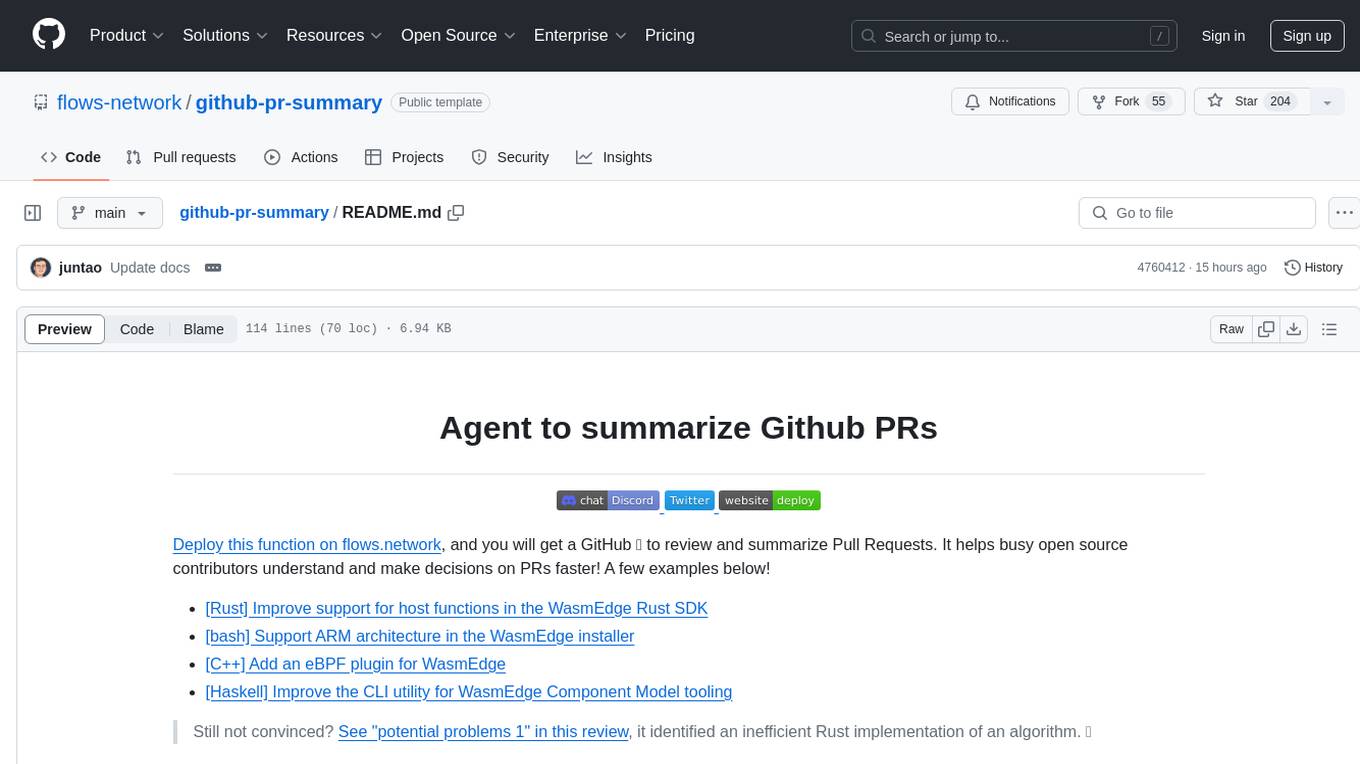
github-pr-summary
github-pr-summary is a bot designed to summarize GitHub Pull Requests, helping open source contributors make faster decisions. It automatically summarizes commits and changed files in PRs, triggered by new commits or a magic trigger phrase. Users can deploy their own code review bot in 3 steps: create a bot from their GitHub repo, configure it to review PRs, and connect to GitHub for access to the target repo. The bot runs on flows.network using Rust and WasmEdge Runtimes. It utilizes ChatGPT/4 to review and summarize PR content, posting the result back as a comment on the PR. The bot can be used on multiple repos by creating new flows and importing the source code repo, specifying the target repo using flow config. Users can also change the magic phrase to trigger a review from a PR comment.

LLMStack
LLMStack is a no-code platform for building generative AI agents, workflows, and chatbots. It allows users to connect their own data, internal tools, and GPT-powered models without any coding experience. LLMStack can be deployed to the cloud or on-premise and can be accessed via HTTP API or triggered from Slack or Discord.
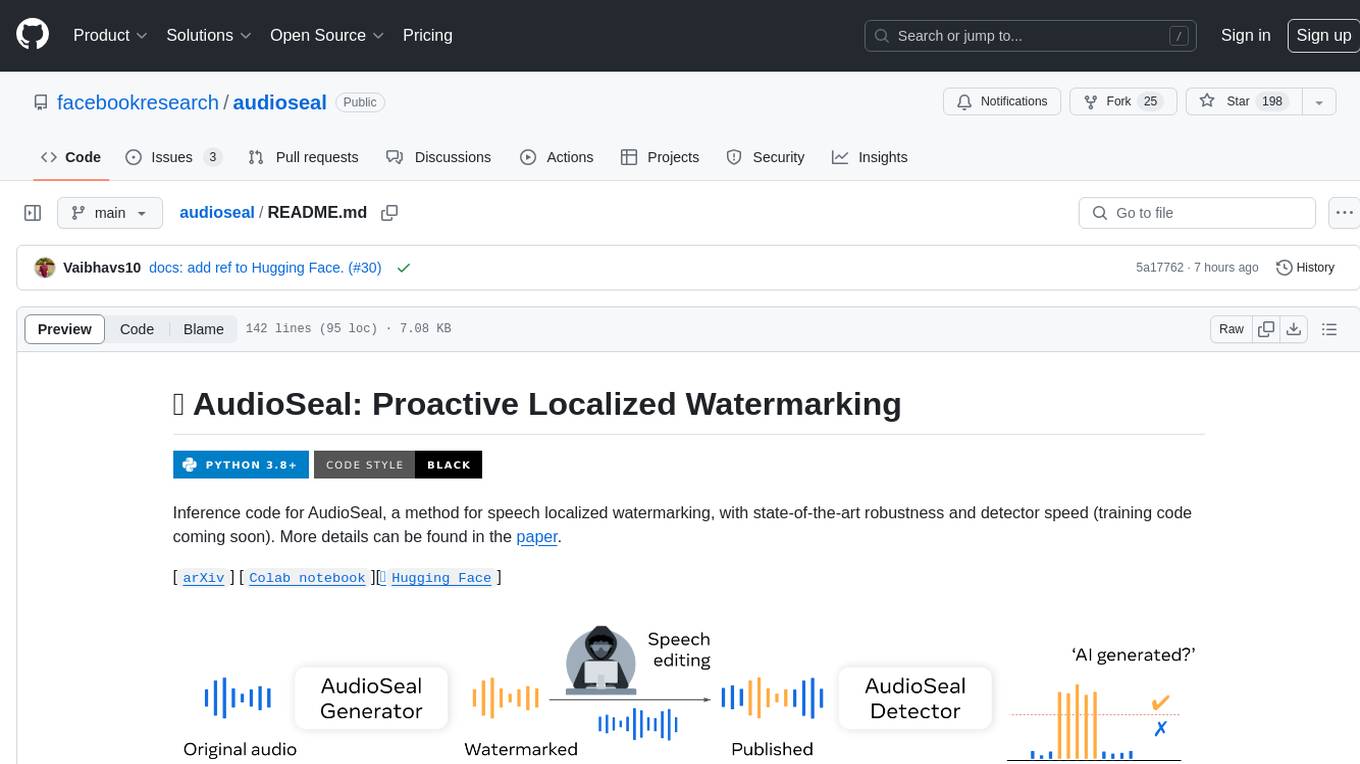
audioseal
AudioSeal is a method for speech localized watermarking, designed with state-of-the-art robustness and detector speed. It jointly trains a generator to embed a watermark in audio and a detector to detect watermarked fragments in longer audios, even in the presence of editing. The tool achieves top-notch detection performance at the sample level, generates minimal alteration of signal quality, and is robust to various audio editing types. With a fast, single-pass detector, AudioSeal surpasses existing models in speed, making it ideal for large-scale and real-time applications.
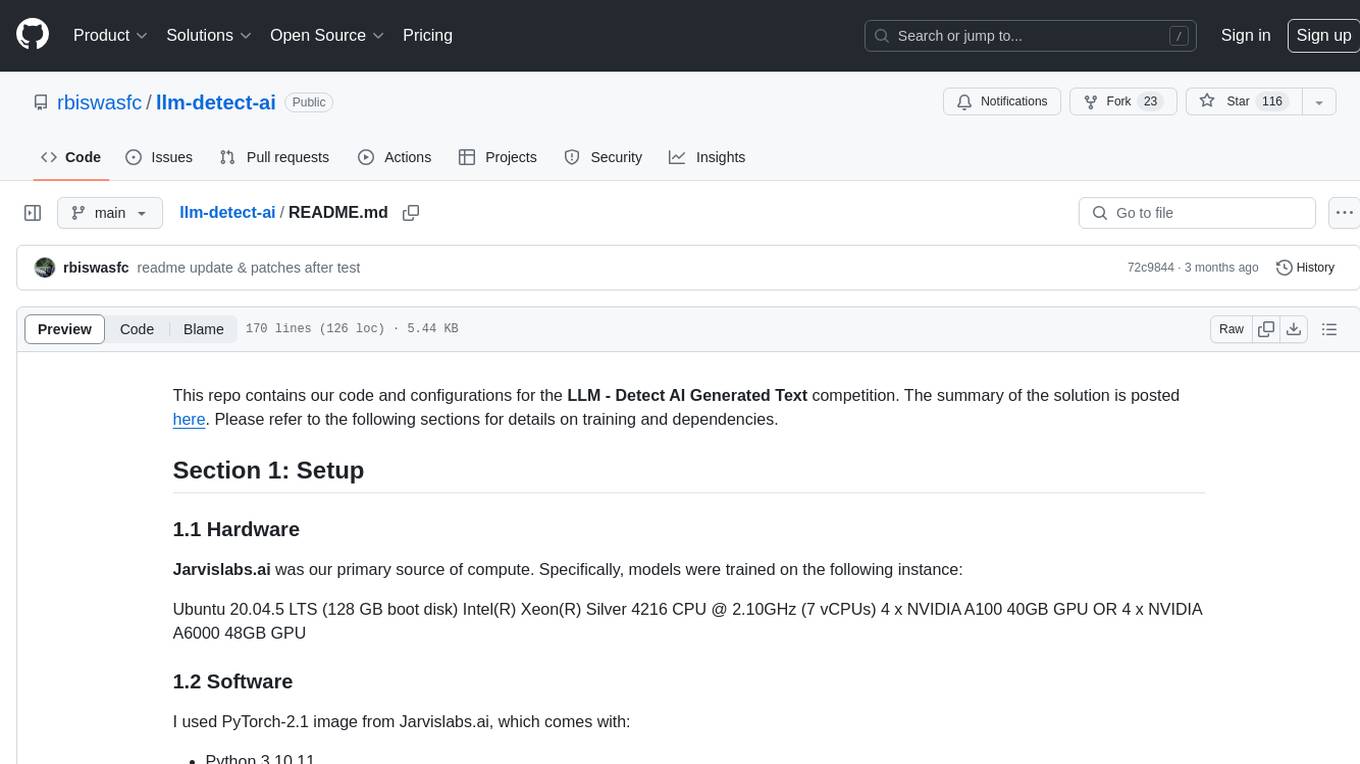
llm-detect-ai
This repository contains code and configurations for the LLM - Detect AI Generated Text competition. It includes setup instructions for hardware, software, dependencies, and datasets. The training section covers scripts and configurations for training LLM models, DeBERTa ranking models, and an embedding model. Text generation section details fine-tuning LLMs using the CLM objective on the PERSUADE corpus to generate student-like essays.
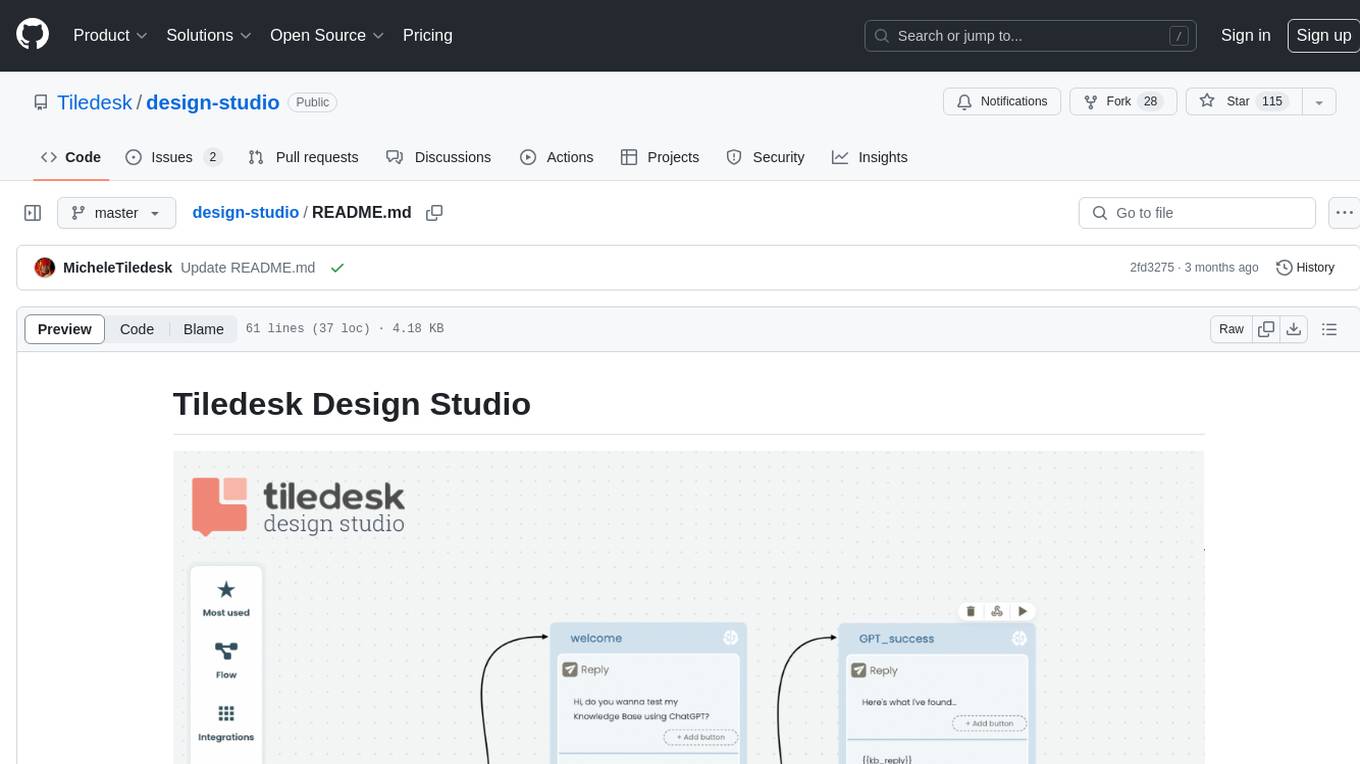
design-studio
Tiledesk Design Studio is an open-source, no-code development platform for creating chatbots and conversational apps. It offers a user-friendly, drag-and-drop interface with pre-ready actions and integrations. The platform combines the power of LLM/GPT AI with a flexible 'graph' approach for creating conversations and automations with ease. Users can automate customer conversations, prototype conversations, integrate ChatGPT, enhance user experience with multimedia, provide personalized product recommendations, set conditions, use random replies, connect to other tools like HubSpot CRM, integrate with WhatsApp, send emails, and seamlessly enhance existing setups.
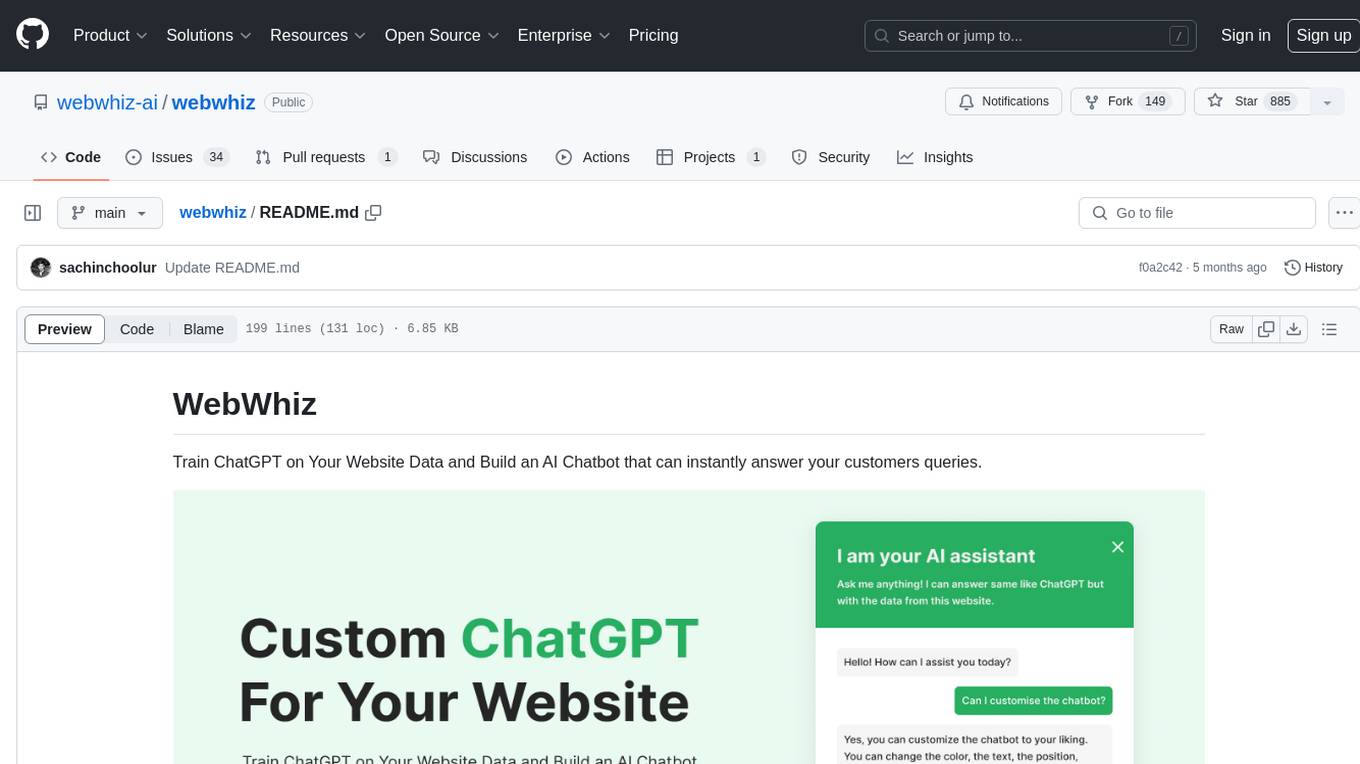
webwhiz
WebWhiz is an open-source tool that allows users to train ChatGPT on website data to build AI chatbots for customer queries. It offers easy integration, data-specific responses, regular data updates, no-code builder, chatbot customization, fine-tuning, and offline messaging. Users can create and train chatbots in a few simple steps by entering their website URL, automatically fetching and preparing training data, training ChatGPT, and embedding the chatbot on their website. WebWhiz can crawl websites monthly, collect text data and metadata, and process text data using tokens. Users can train custom data, but bringing custom open AI keys is not yet supported. The tool has no limitations on context size but may limit the number of pages based on the chosen plan. WebWhiz SDK is available on NPM, CDNs, and GitHub, and users can self-host it using Docker or manual setup involving MongoDB, Redis, Node, Python, and environment variables setup. For any issues, users can contact [email protected].
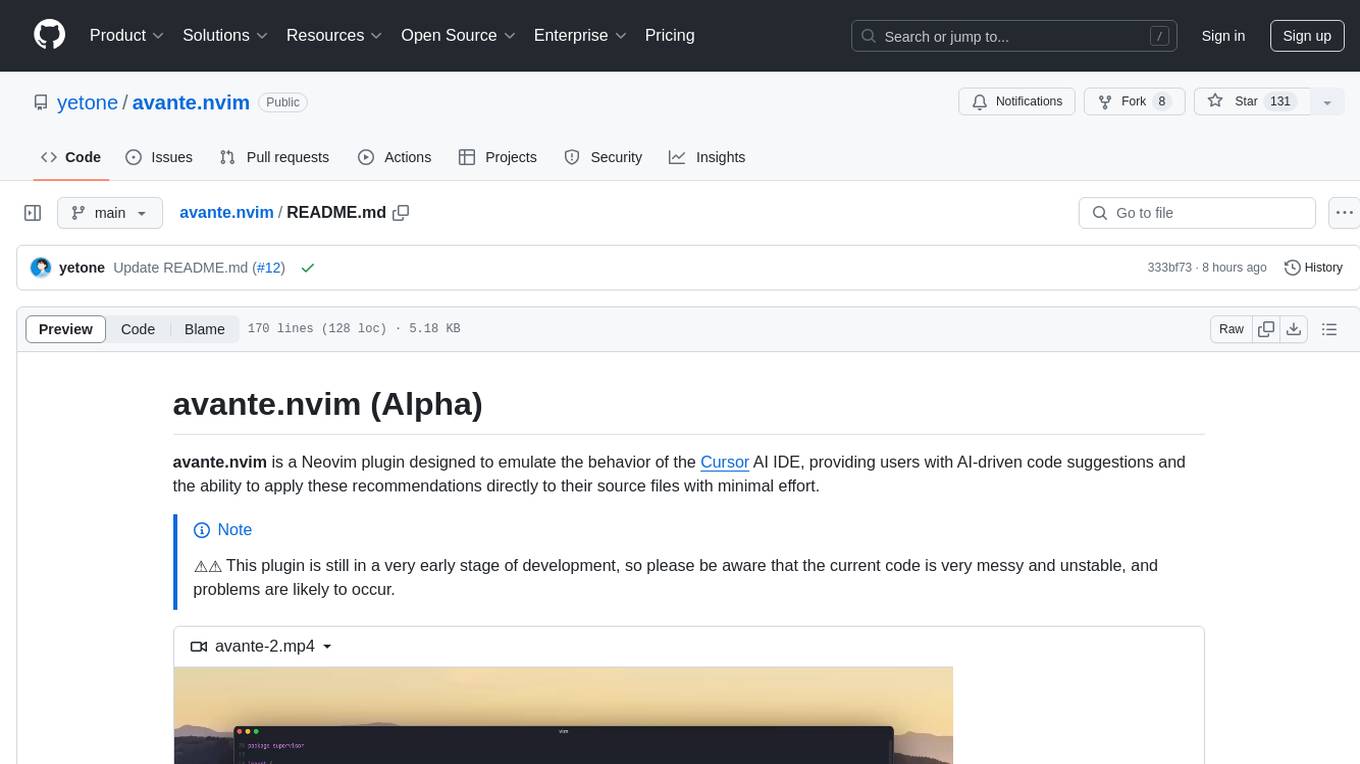
avante.nvim
avante.nvim is a Neovim plugin that emulates the behavior of the Cursor AI IDE, providing AI-driven code suggestions and enabling users to apply recommendations to their source files effortlessly. It offers AI-powered code assistance and one-click application of suggested changes, streamlining the editing process and saving time. The plugin is still in early development, with functionalities like setting API keys, querying AI about code, reviewing suggestions, and applying changes. Key bindings are available for various actions, and the roadmap includes enhancing AI interactions, stability improvements, and introducing new features for coding tasks.
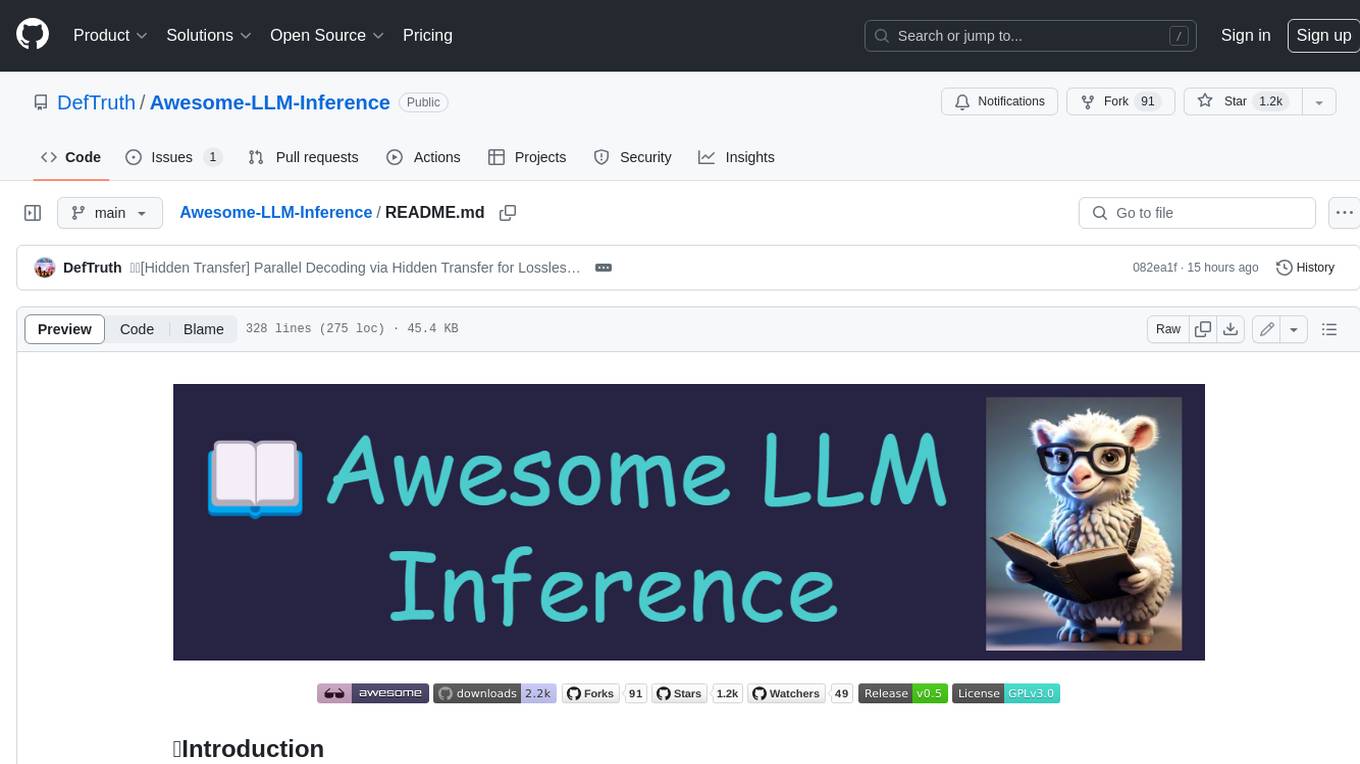
Awesome-LLM-Inference
Awesome-LLM-Inference: A curated list of 📙Awesome LLM Inference Papers with Codes, check 📖Contents for more details. This repo is still updated frequently ~ 👨💻 Welcome to star ⭐️ or submit a PR to this repo!

cognita
Cognita is an open-source framework to organize your RAG codebase along with a frontend to play around with different RAG customizations. It provides a simple way to organize your codebase so that it becomes easy to test it locally while also being able to deploy it in a production ready environment. The key issues that arise while productionizing RAG system from a Jupyter Notebook are: 1. **Chunking and Embedding Job** : The chunking and embedding code usually needs to be abstracted out and deployed as a job. Sometimes the job will need to run on a schedule or be trigerred via an event to keep the data updated. 2. **Query Service** : The code that generates the answer from the query needs to be wrapped up in a api server like FastAPI and should be deployed as a service. This service should be able to handle multiple queries at the same time and also autoscale with higher traffic. 3. **LLM / Embedding Model Deployment** : Often times, if we are using open-source models, we load the model in the Jupyter notebook. This will need to be hosted as a separate service in production and model will need to be called as an API. 4. **Vector DB deployment** : Most testing happens on vector DBs in memory or on disk. However, in production, the DBs need to be deployed in a more scalable and reliable way. Cognita makes it really easy to customize and experiment everything about a RAG system and still be able to deploy it in a good way. It also ships with a UI that makes it easier to try out different RAG configurations and see the results in real time. You can use it locally or with/without using any Truefoundry components. However, using Truefoundry components makes it easier to test different models and deploy the system in a scalable way. Cognita allows you to host multiple RAG systems using one app. ### Advantages of using Cognita are: 1. A central reusable repository of parsers, loaders, embedders and retrievers. 2. Ability for non-technical users to play with UI - Upload documents and perform QnA using modules built by the development team. 3. Fully API driven - which allows integration with other systems. > If you use Cognita with Truefoundry AI Gateway, you can get logging, metrics and feedback mechanism for your user queries. ### Features: 1. Support for multiple document retrievers that use `Similarity Search`, `Query Decompostion`, `Document Reranking`, etc 2. Support for SOTA OpenSource embeddings and reranking from `mixedbread-ai` 3. Support for using LLMs using `Ollama` 4. Support for incremental indexing that ingests entire documents in batches (reduces compute burden), keeps track of already indexed documents and prevents re-indexing of those docs.
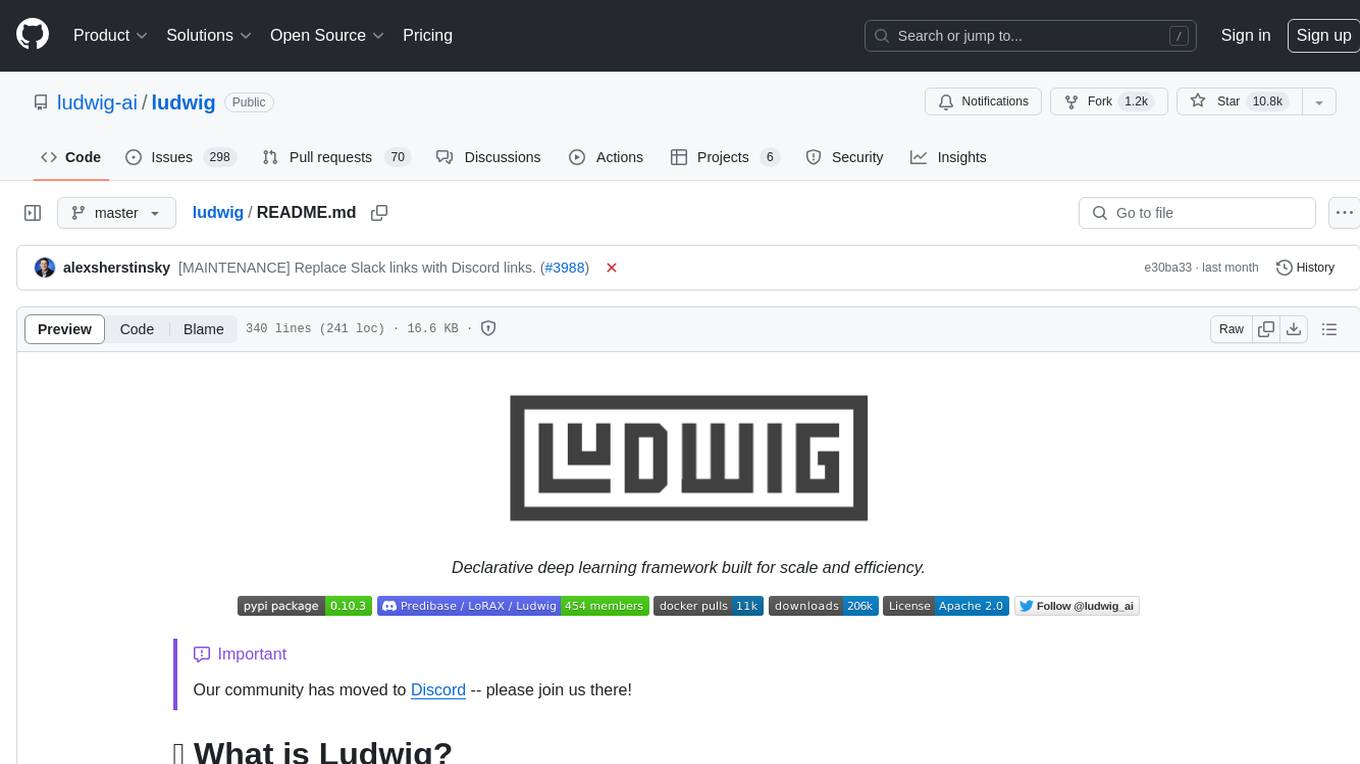
ludwig
Ludwig is a declarative deep learning framework designed for scale and efficiency. It is a low-code framework that allows users to build custom AI models like LLMs and other deep neural networks with ease. Ludwig offers features such as optimized scale and efficiency, expert level control, modularity, and extensibility. It is engineered for production with prebuilt Docker containers, support for running with Ray on Kubernetes, and the ability to export models to Torchscript and Triton. Ludwig is hosted by the Linux Foundation AI & Data.
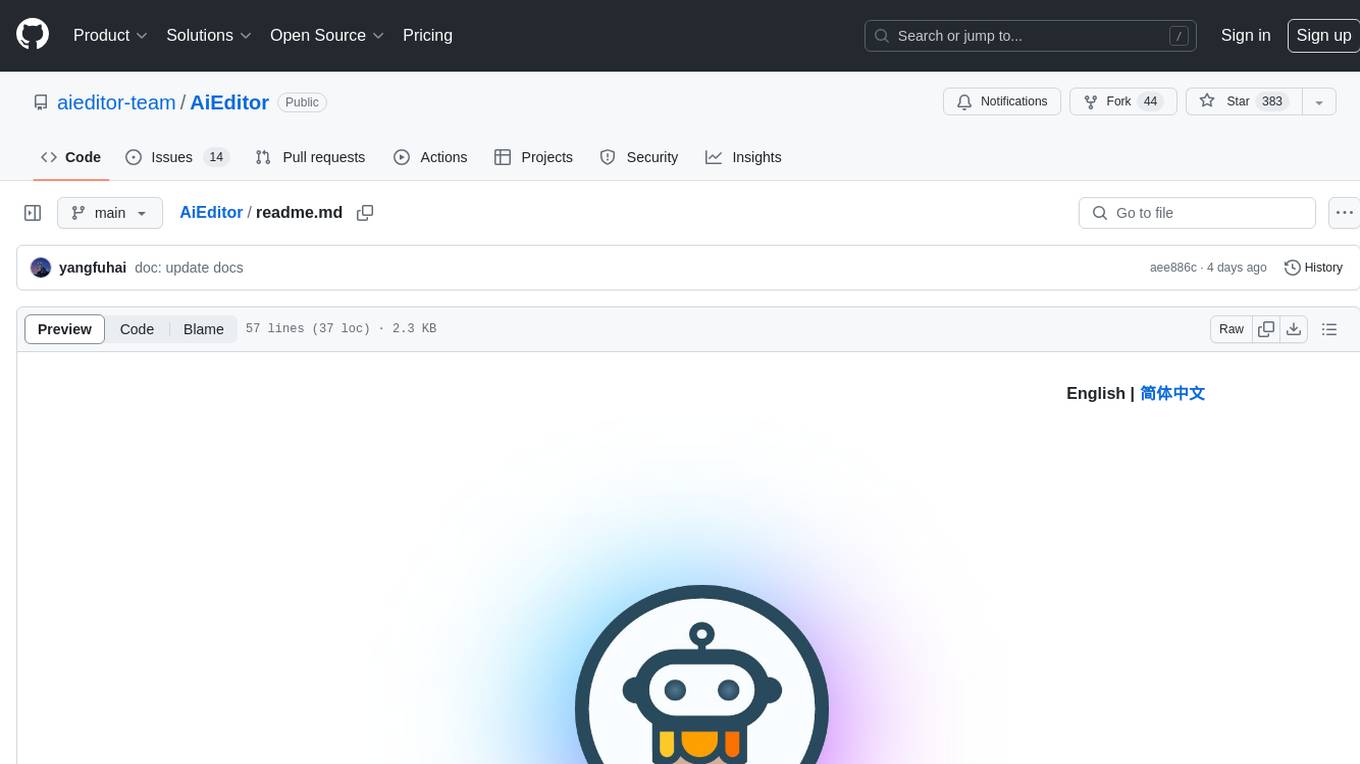
AiEditor
AiEditor is a next-generation rich text editor for AI, based on Web Component and supporting various front-end frameworks. It offers two themes, light and dark, along with flexible configuration for developing text editing applications. The editor includes features for basic text formatting, enhancements like undo/redo and format painter, support for attachments like images and videos, code-related functionalities, table manipulation, Markdown support, AI-related features such as continuation and optimization, and more. Planned improvements include collaboration, automated testing, AI picture insertion and drawing, enhanced paste features, WORD and PDF export, Notion-like operations, and integration with ChatGPT.

aioconsole
aioconsole is a Python package that provides asynchronous console and interfaces for asyncio. It offers asynchronous equivalents to input, print, exec, and code.interact, an interactive loop running the asynchronous Python console, customization and running of command line interfaces using argparse, stream support to serve interfaces instead of using standard streams, and the apython script to access asyncio code at runtime without modifying the sources. The package requires Python version 3.8 or higher and can be installed from PyPI or GitHub. It allows users to run Python files or modules with a modified asyncio policy, replacing the default event loop with an interactive loop. aioconsole is useful for scenarios where users need to interact with asyncio code in a console environment.
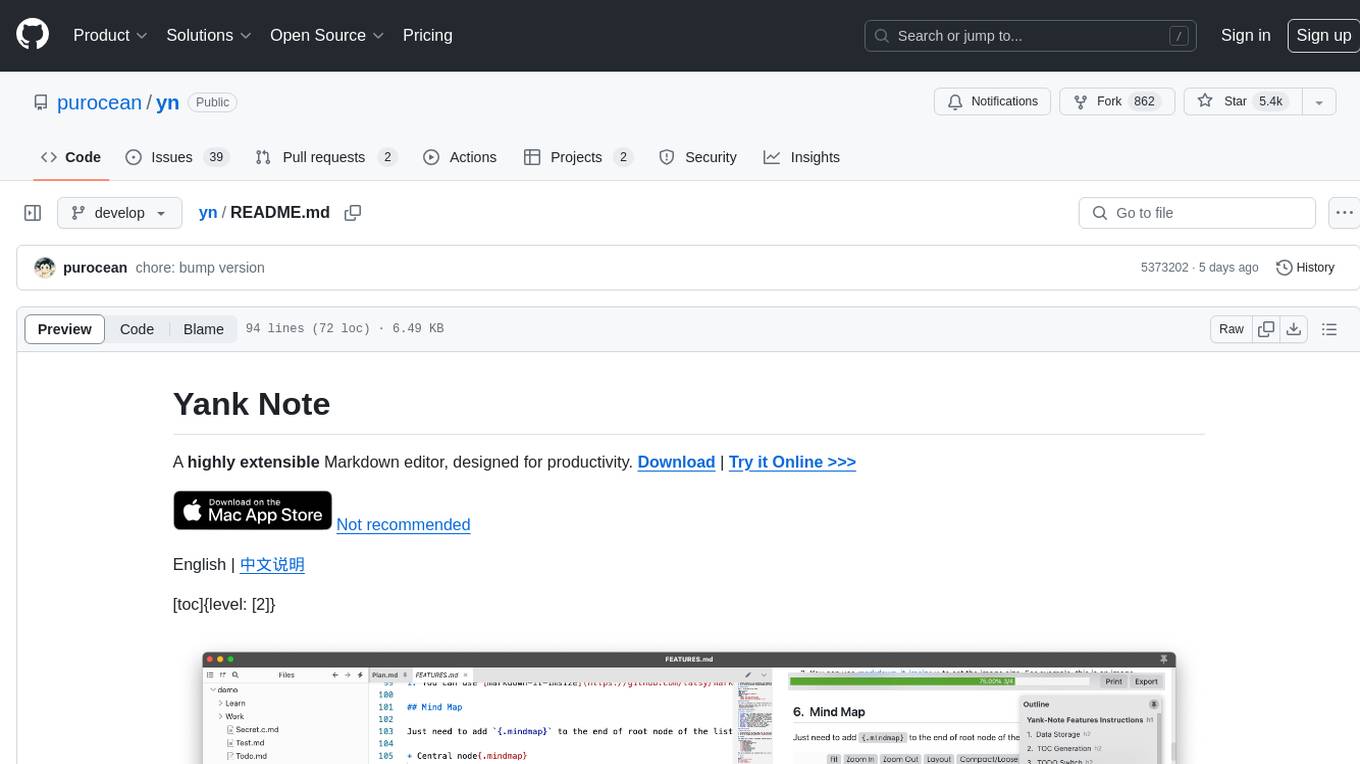
yn
Yank Note is a highly extensible Markdown editor designed for productivity. It offers features like easy-to-use interface, powerful support for version control and various embedded content, high compatibility with local Markdown files, plug-in extension support, and encryption for saving private files. Users can write their own plug-ins to expand the editor's functionality. However, for more extendability, security protection is sacrificed. The tool supports sync scrolling, outline navigation, version control, encryption, auto-save, editing assistance, image pasting, attachment embedding, code running, to-do list management, quick file opening, integrated terminal, Katex expression, GitHub-style Markdown, multiple data locations, external link conversion, HTML resolving, multiple formats export, TOC generation, table cell editing, title link copying, embedded applets, various graphics embedding, mind map display, custom container support, macro replacement, image hosting service, OpenAI auto completion, and custom plug-ins development.
2 - OpenAI Gpts

Medium.com - The Ultimate Ghost Writer w/ APIs
Looking for the perfect Medium.com humanized stylish article made just for you? This GPT uses numerous APIs to find what's trending, what medium articles are currently popular, uses data to write an entire masterpiece along with images, sources, citations, video embeds, etc.
